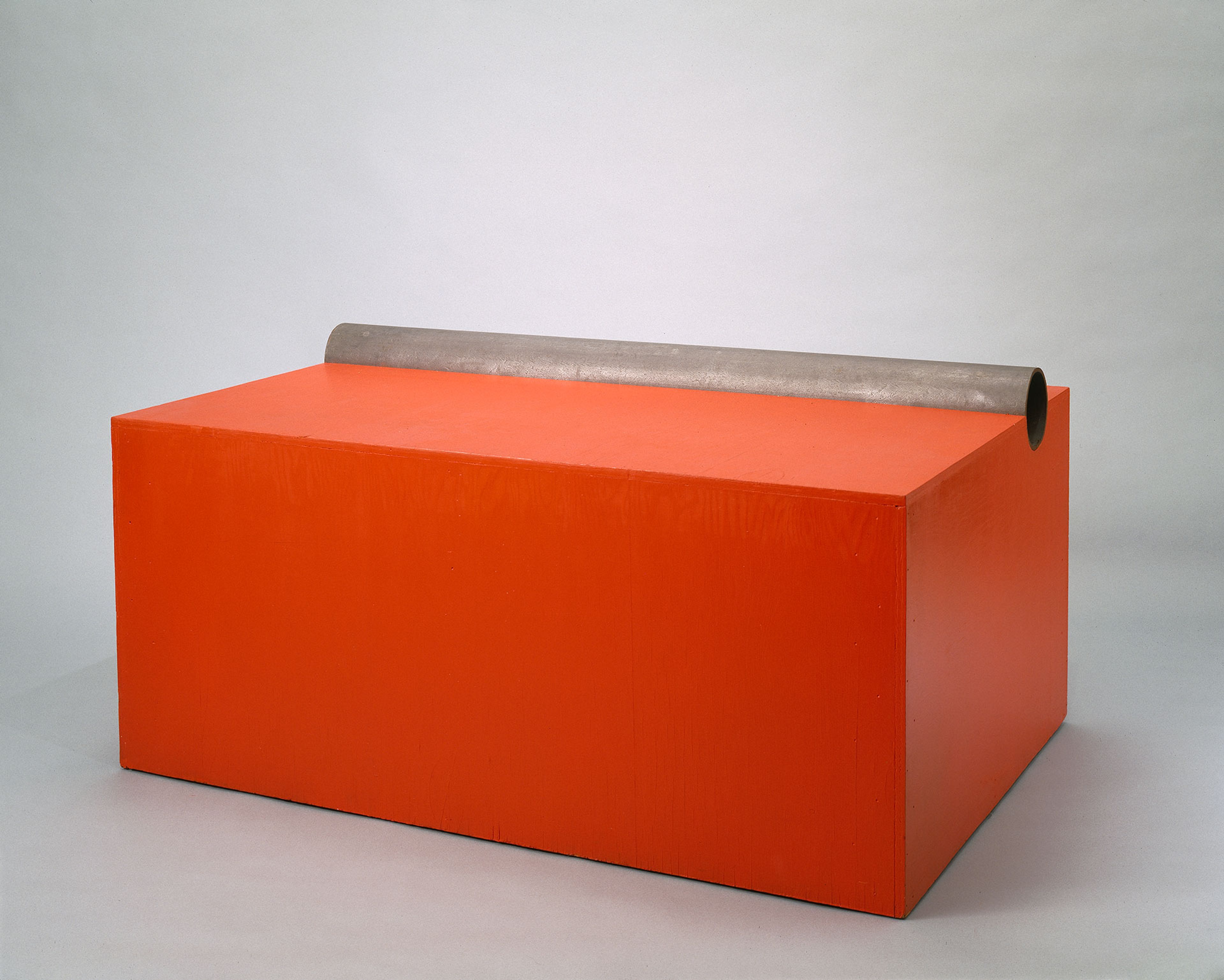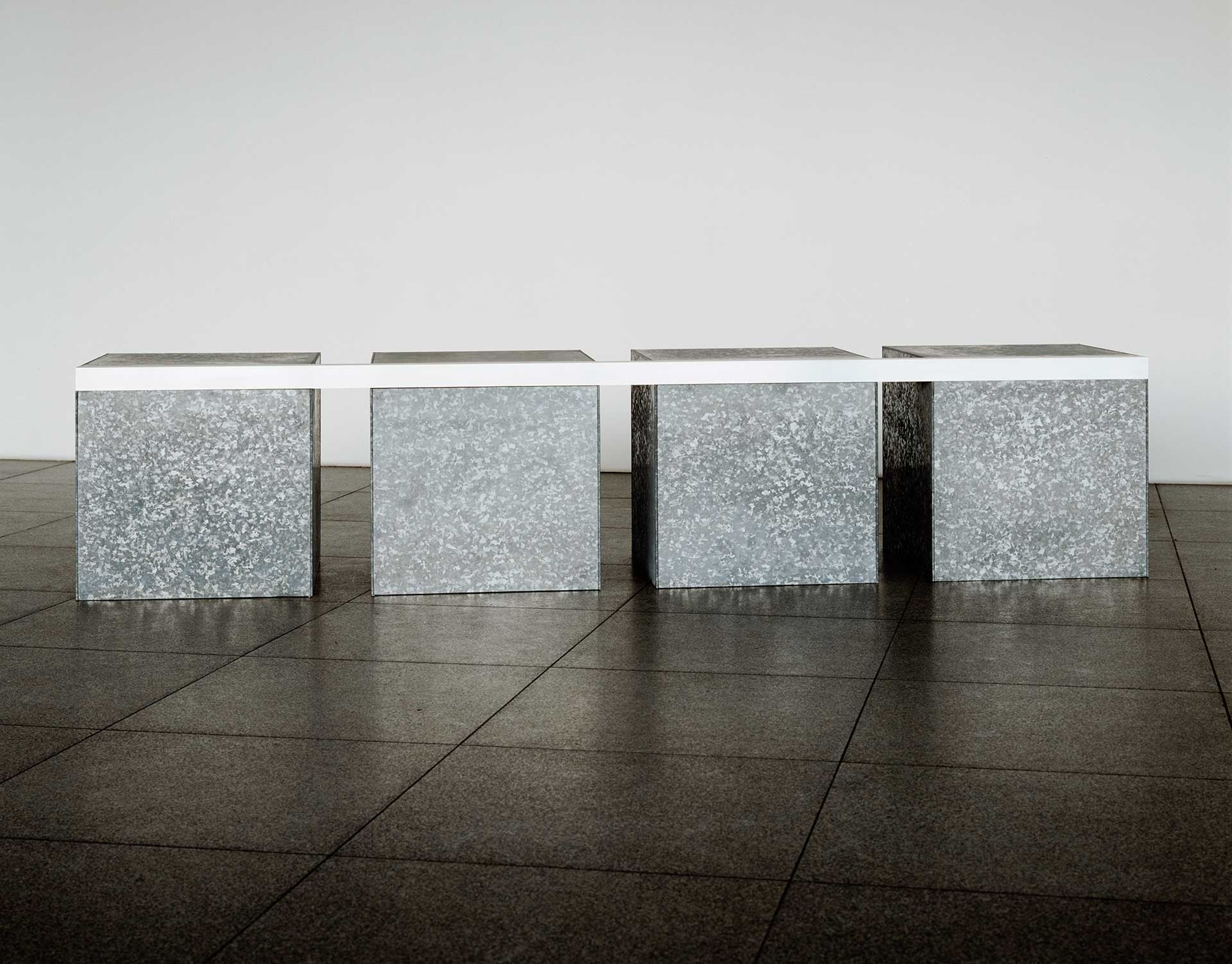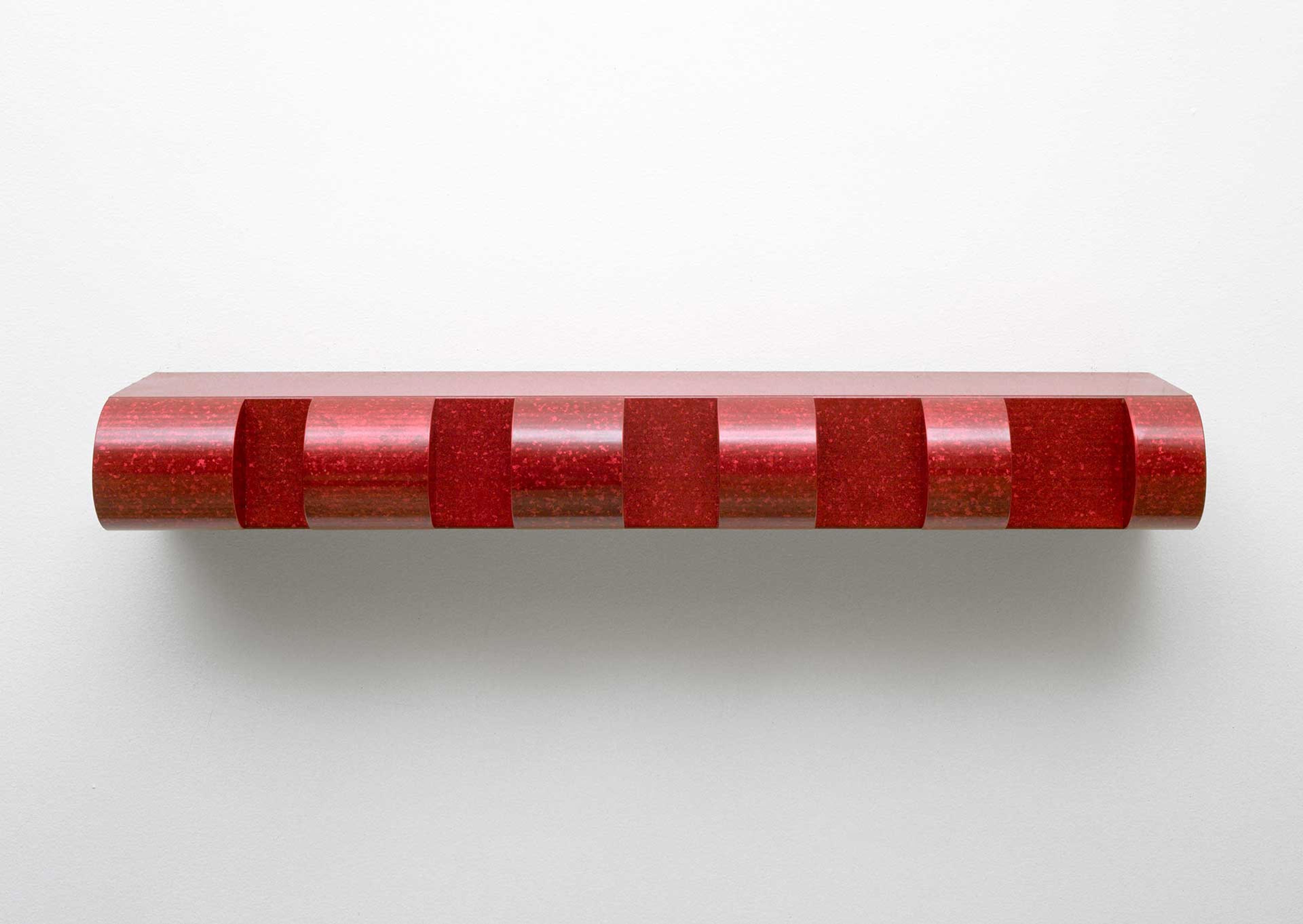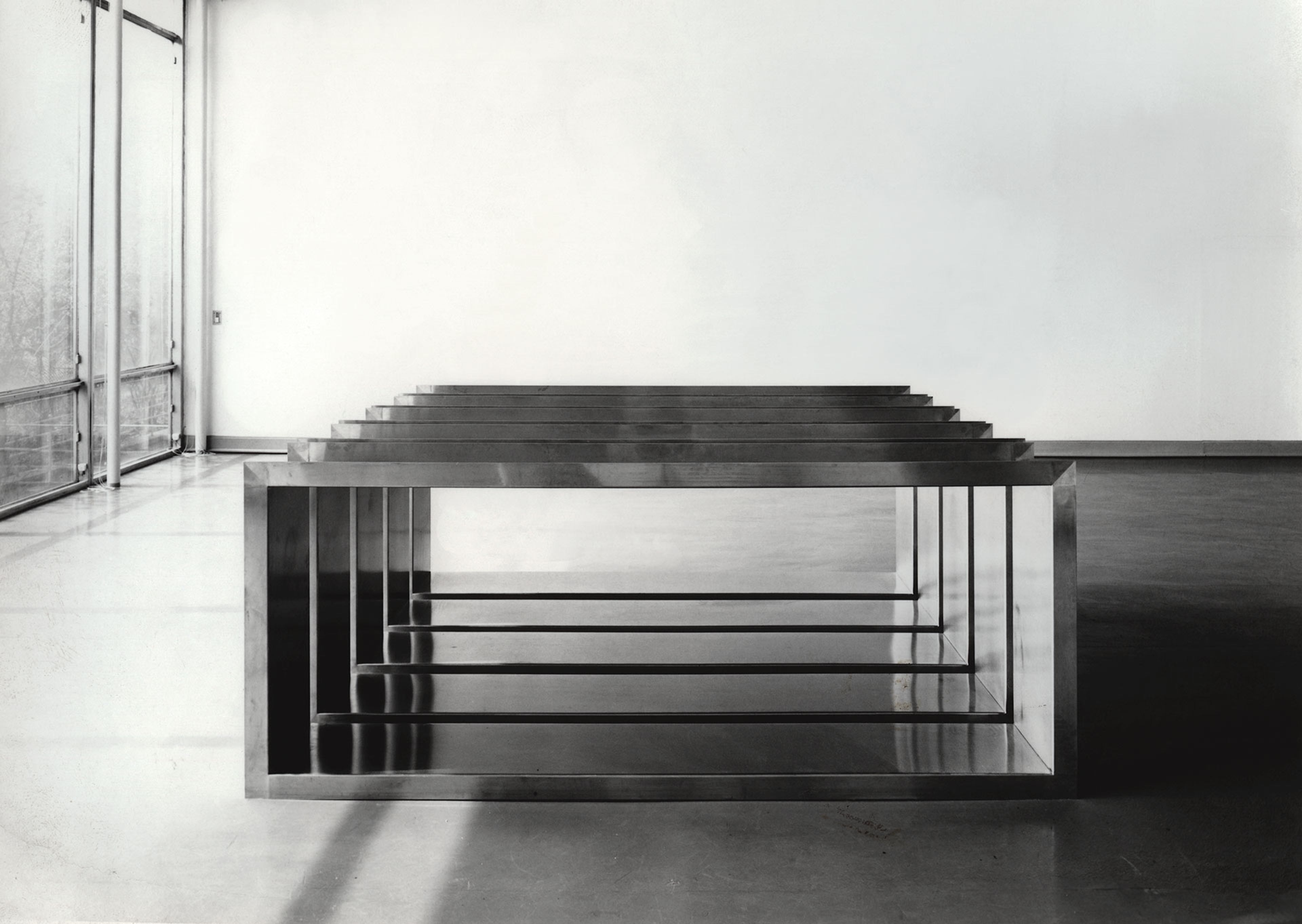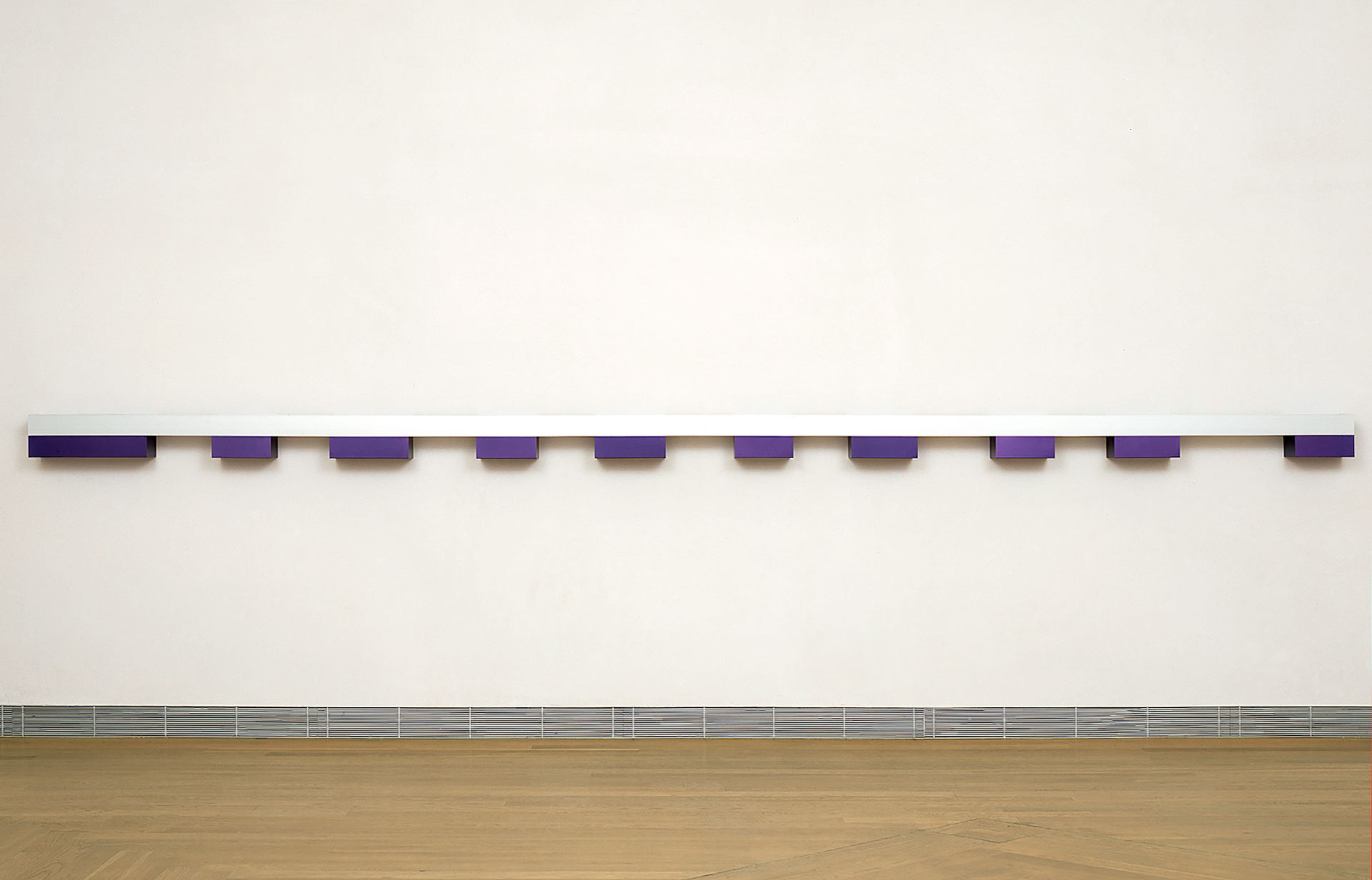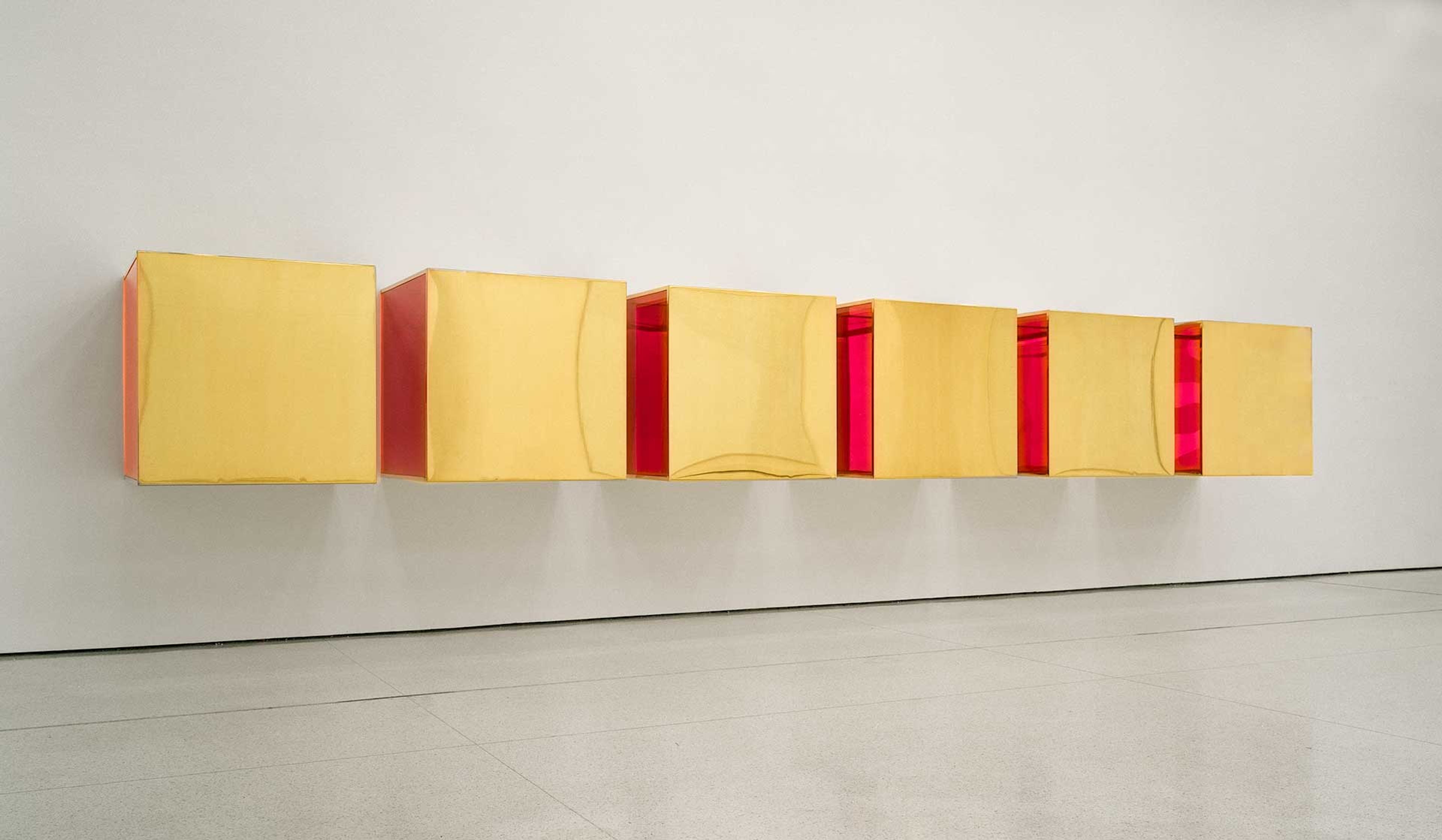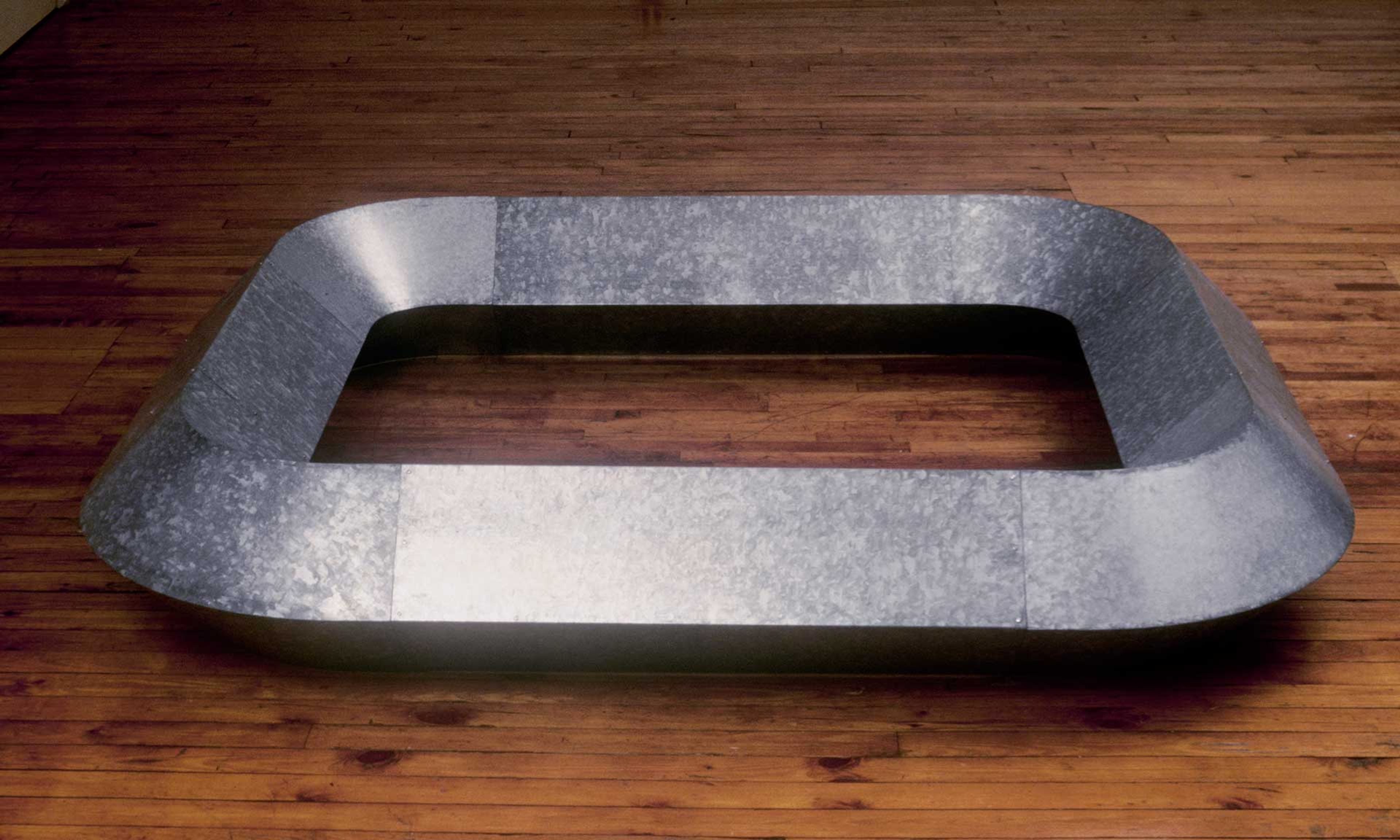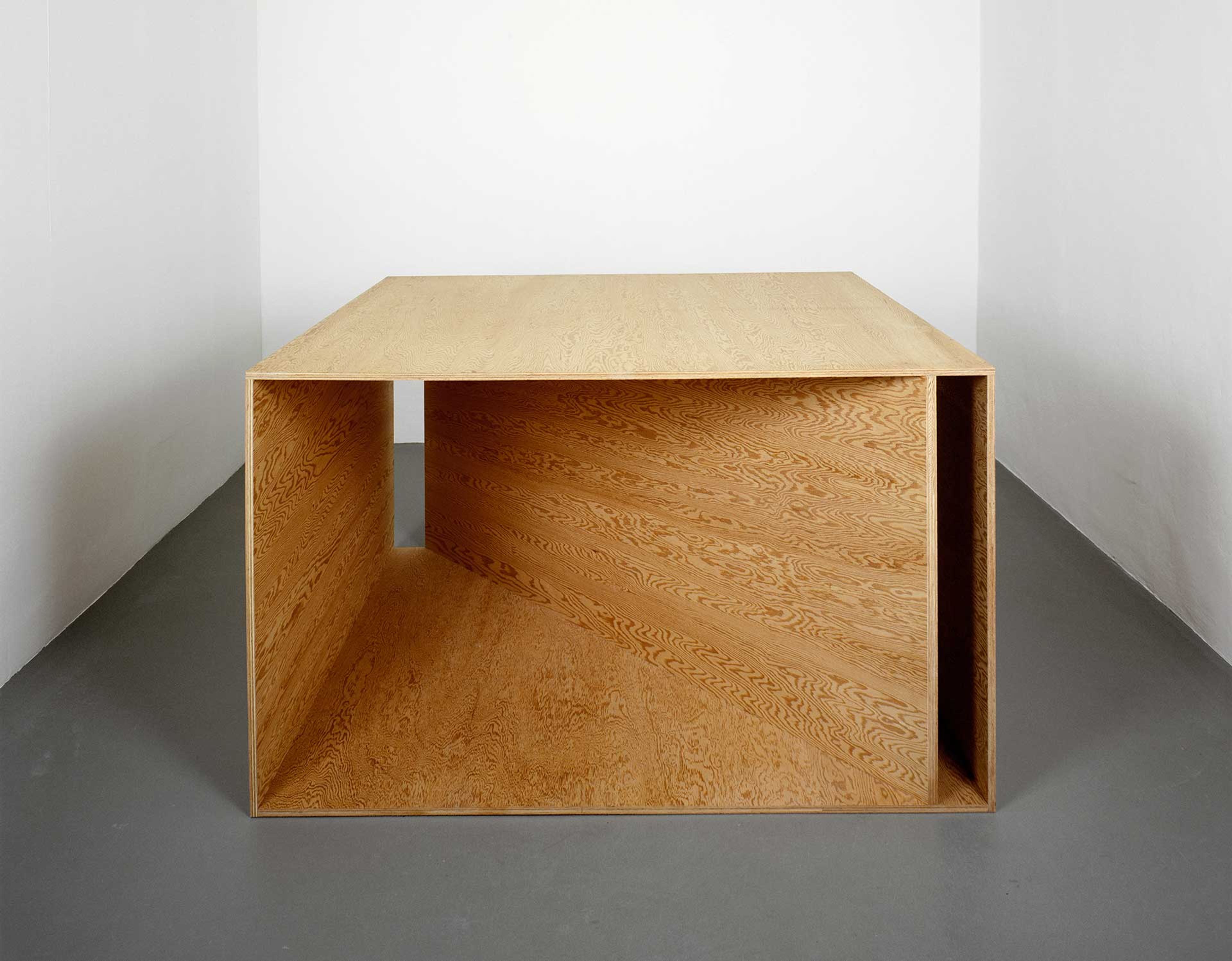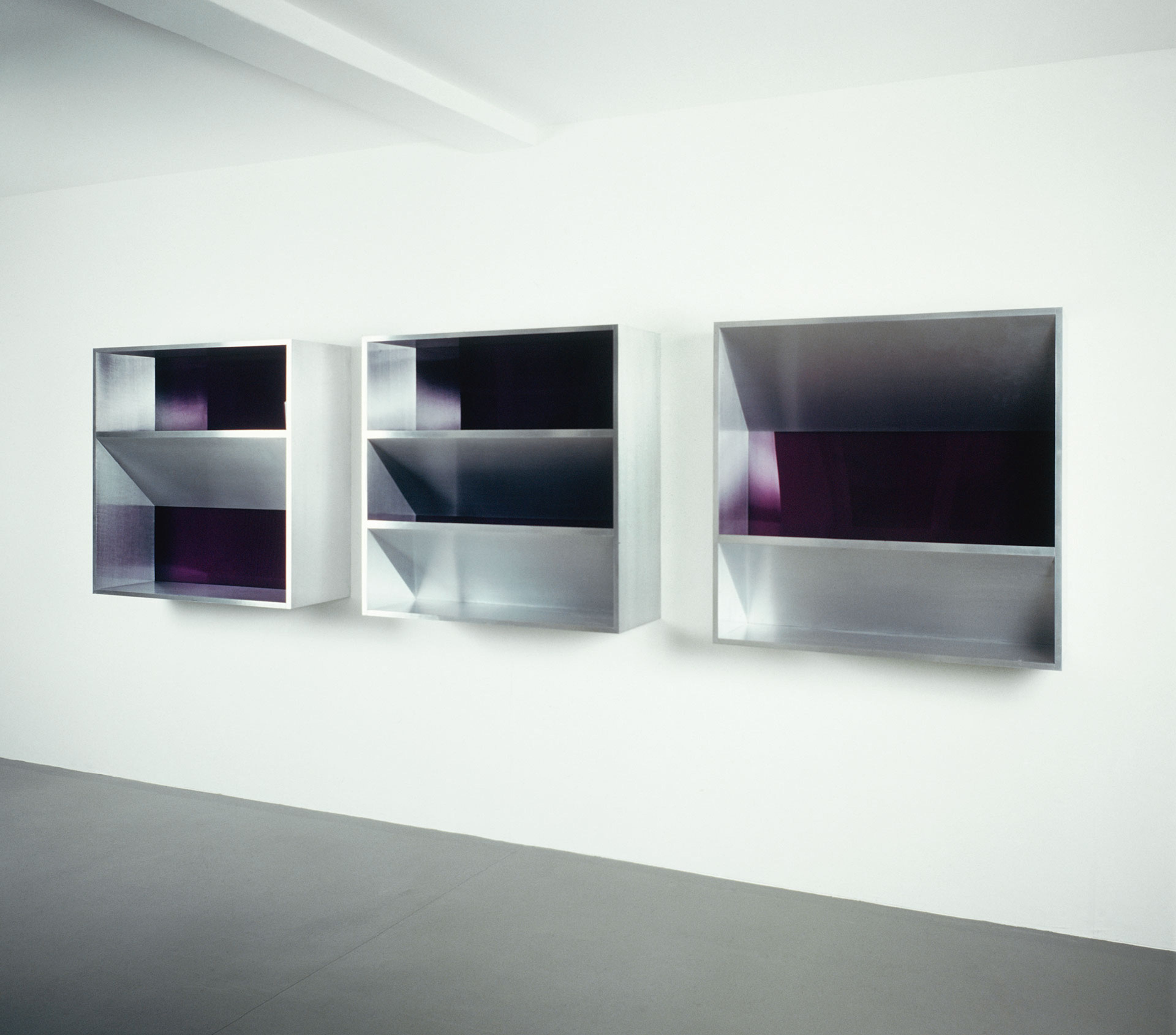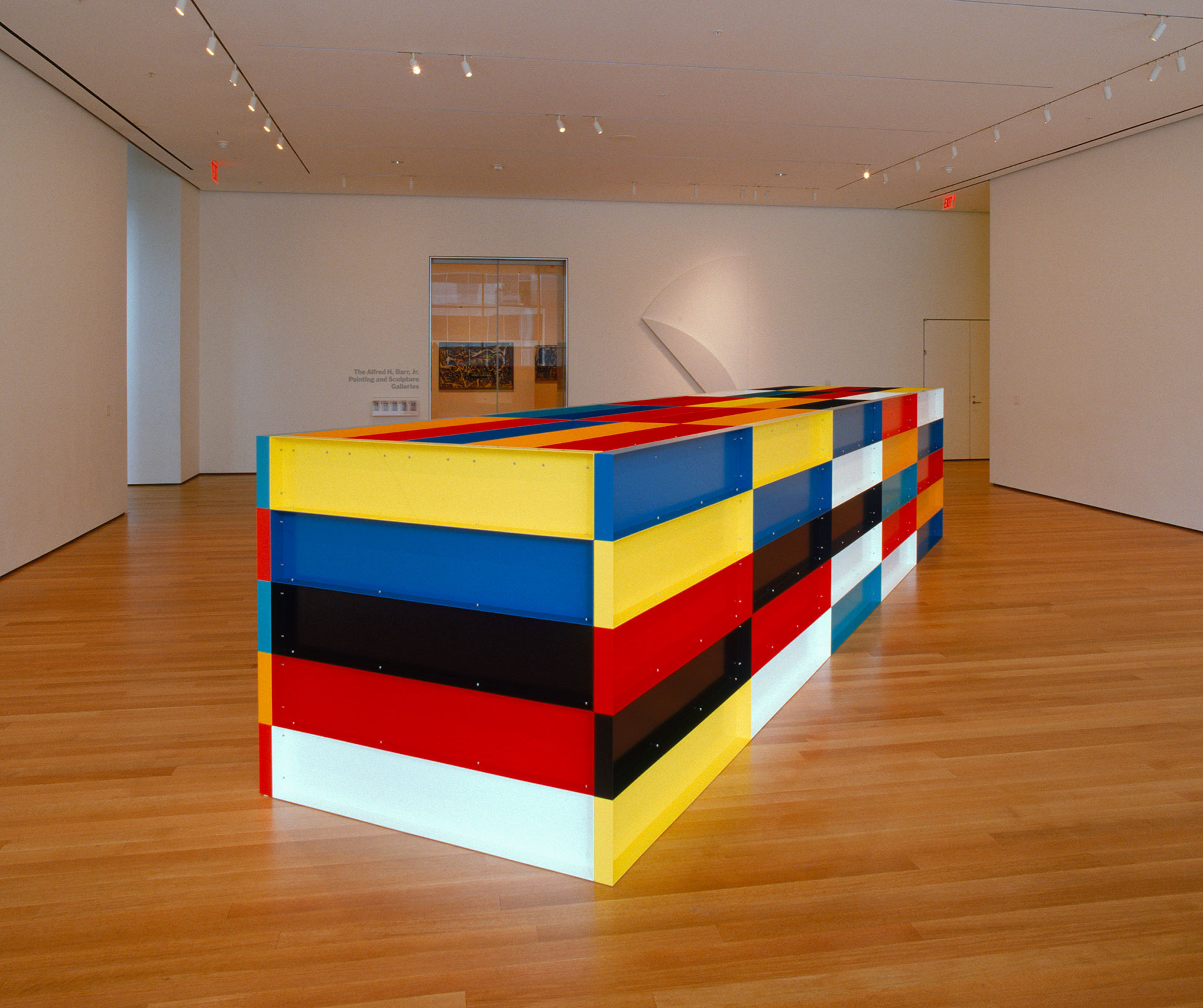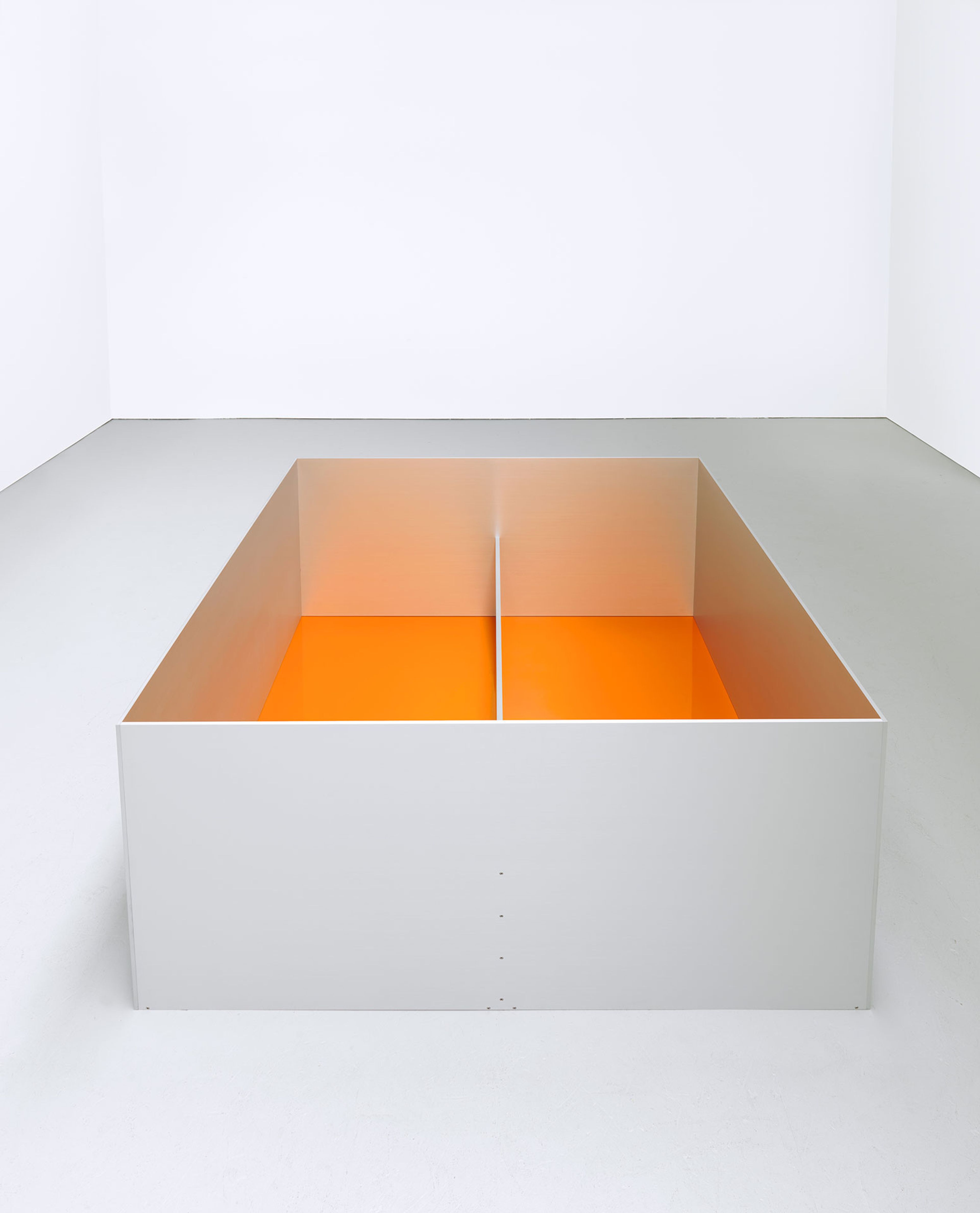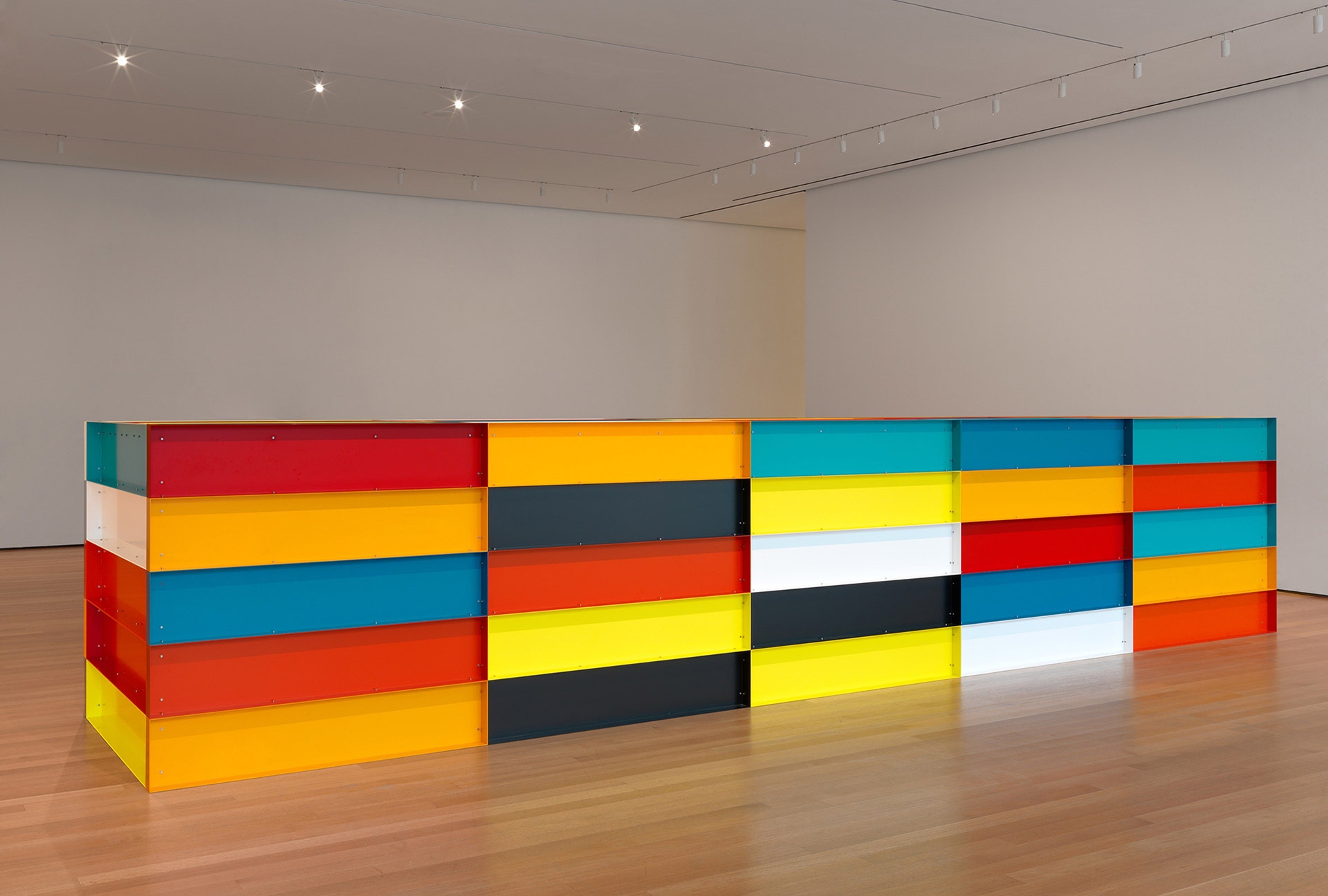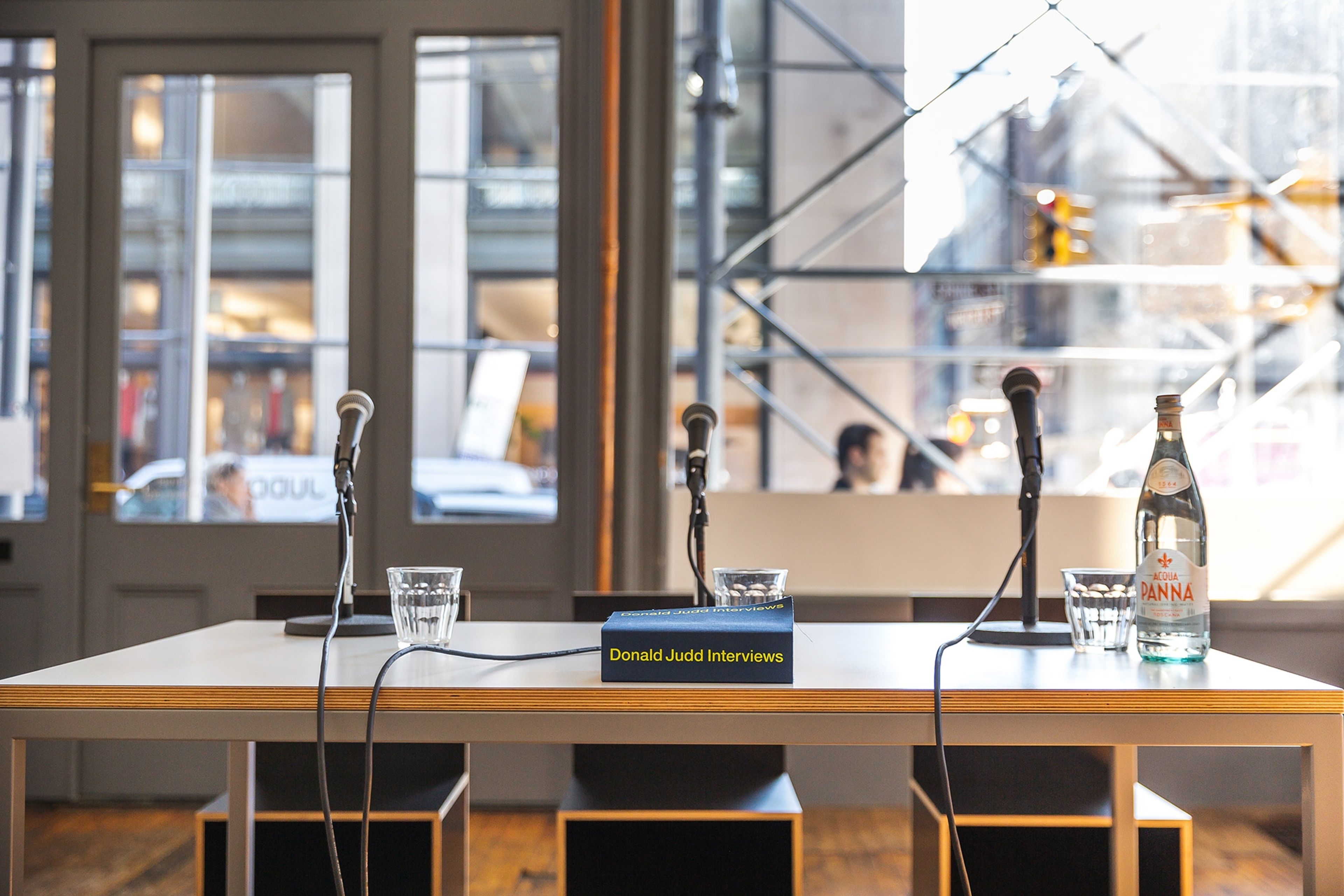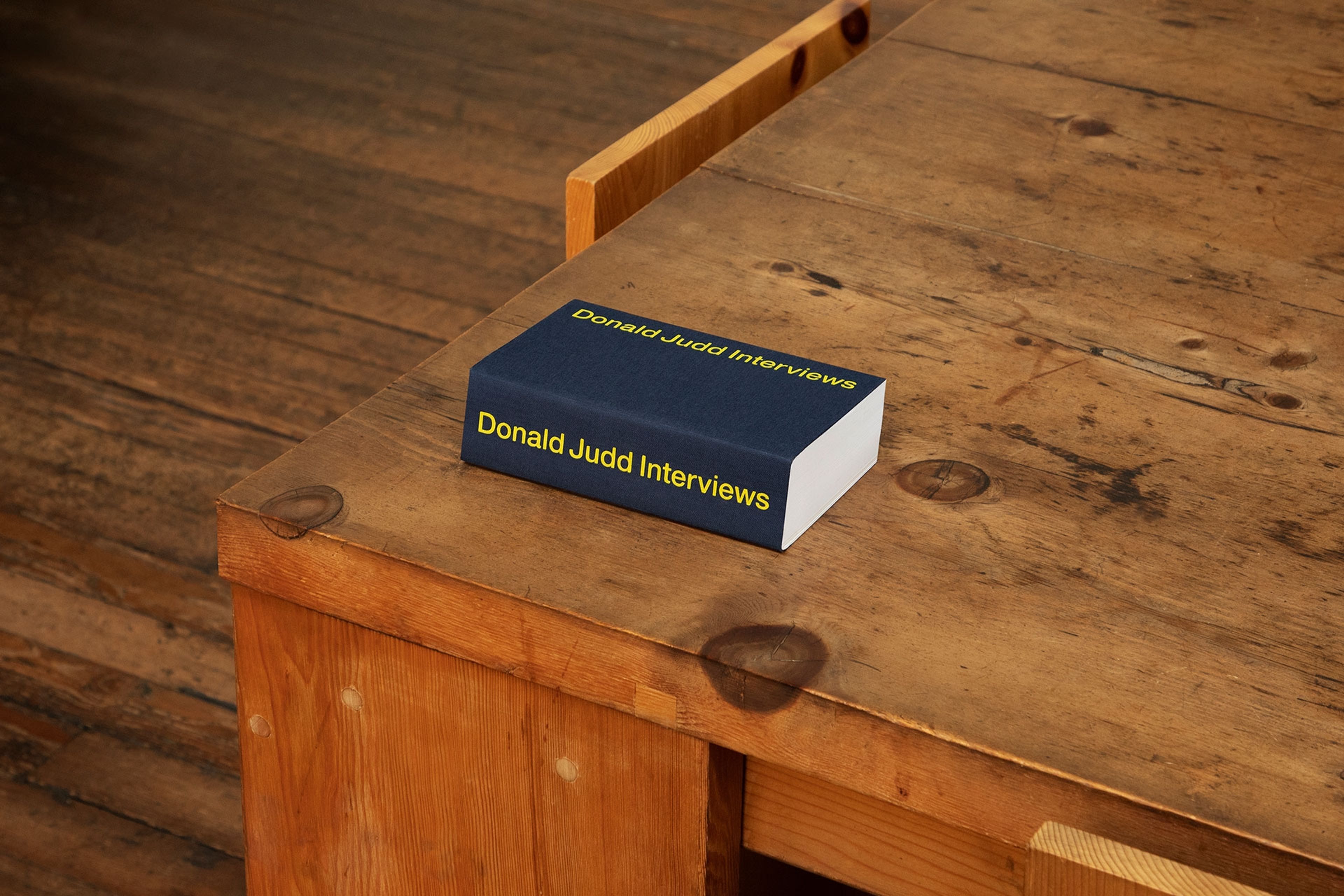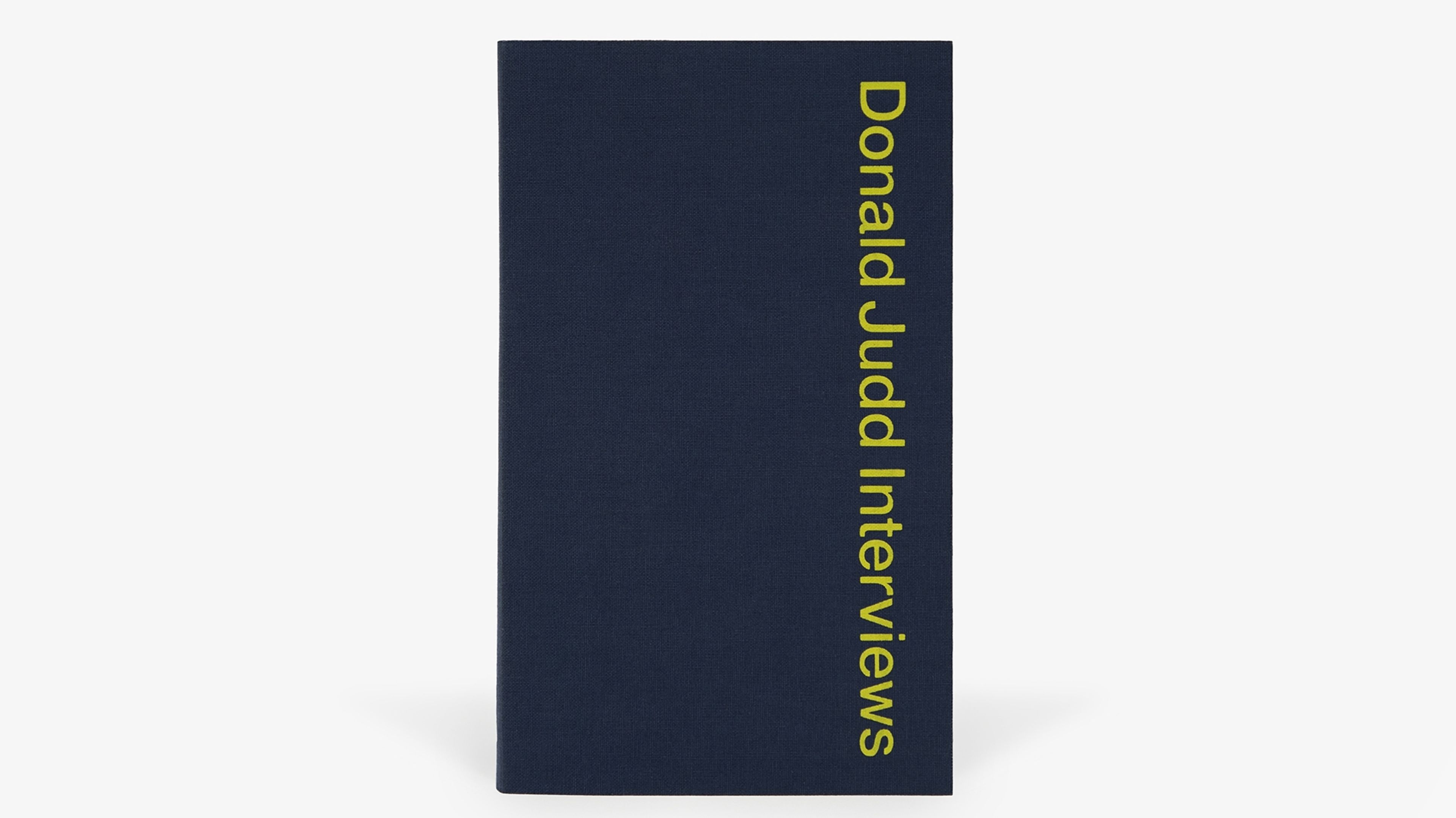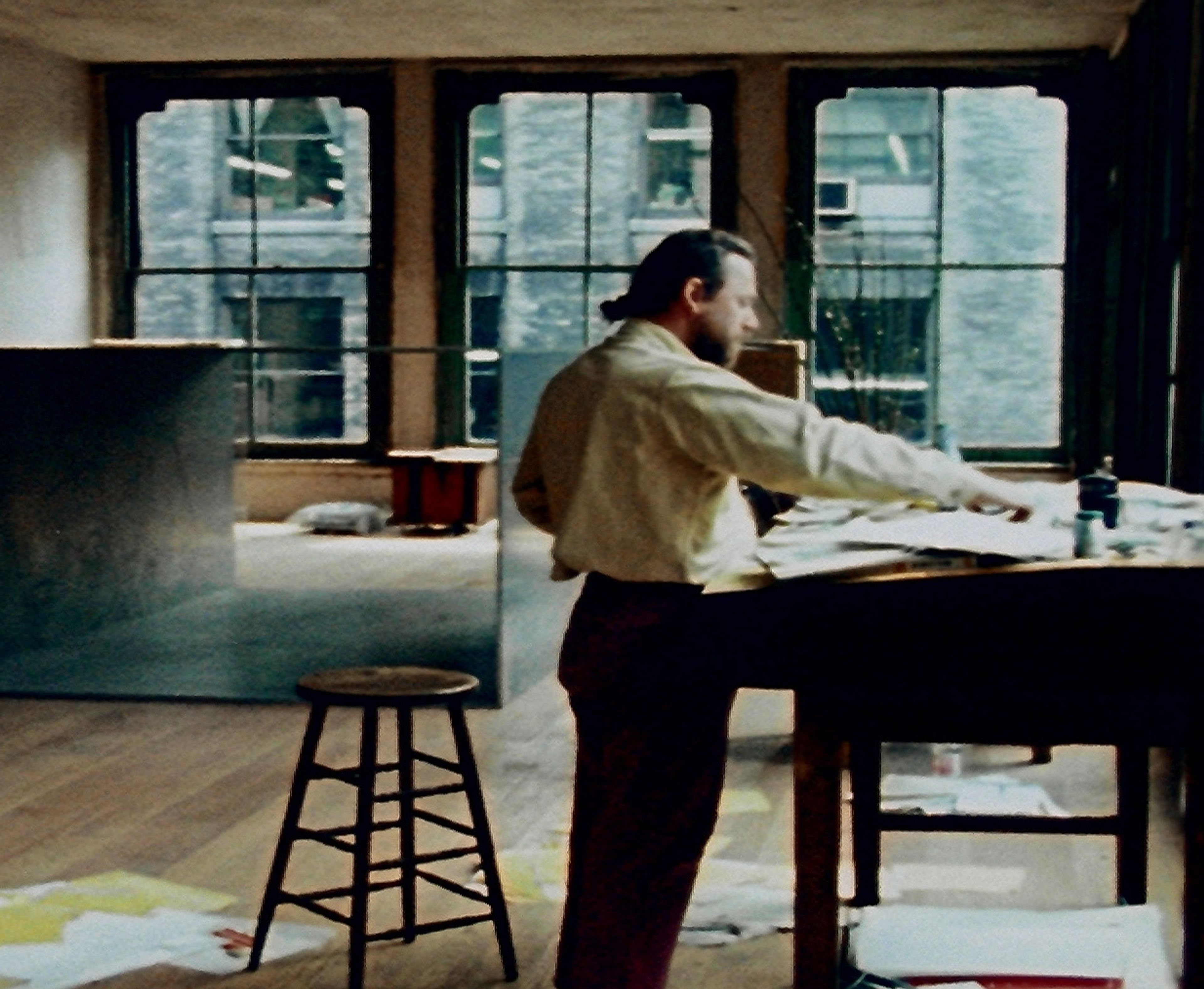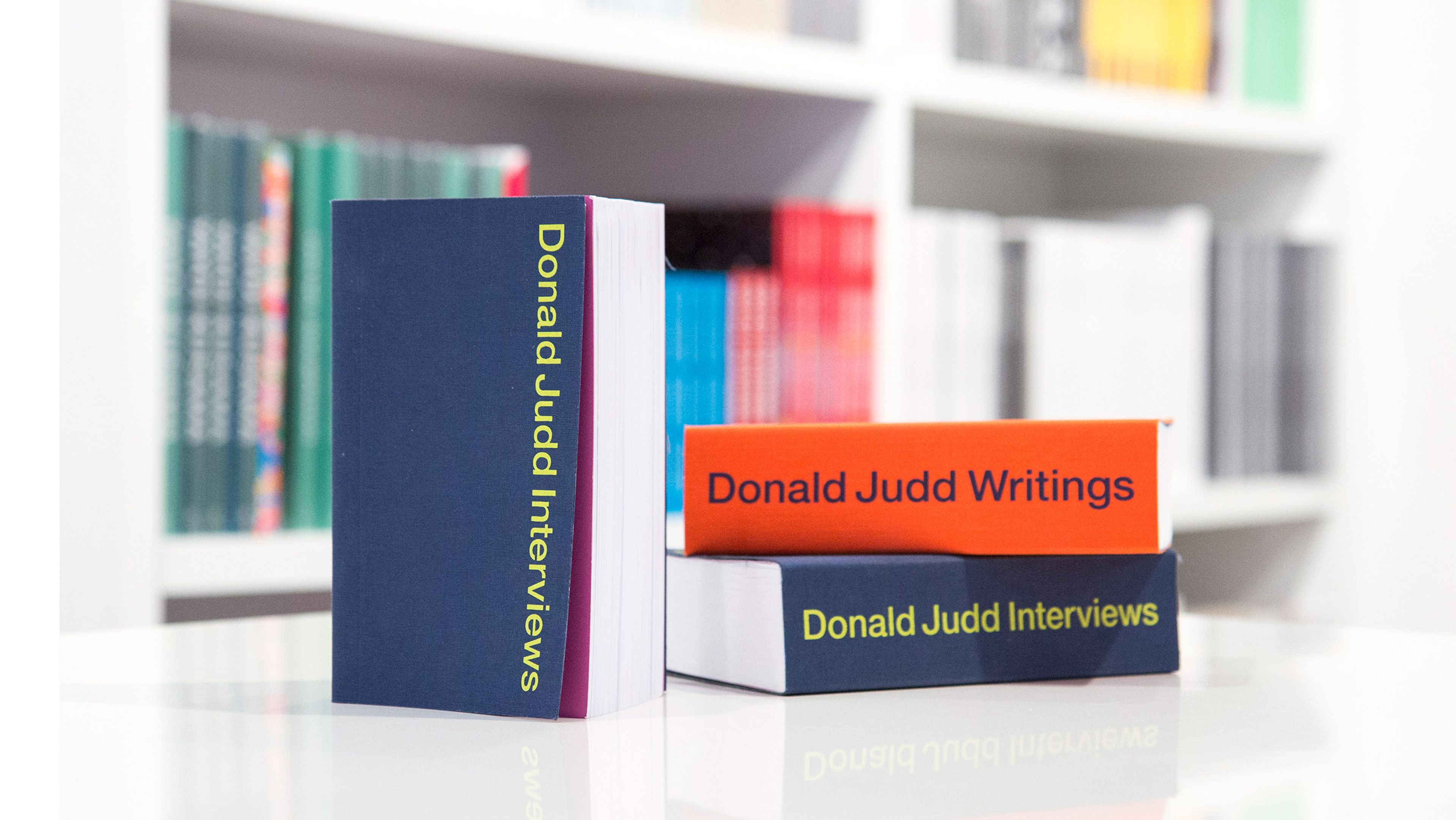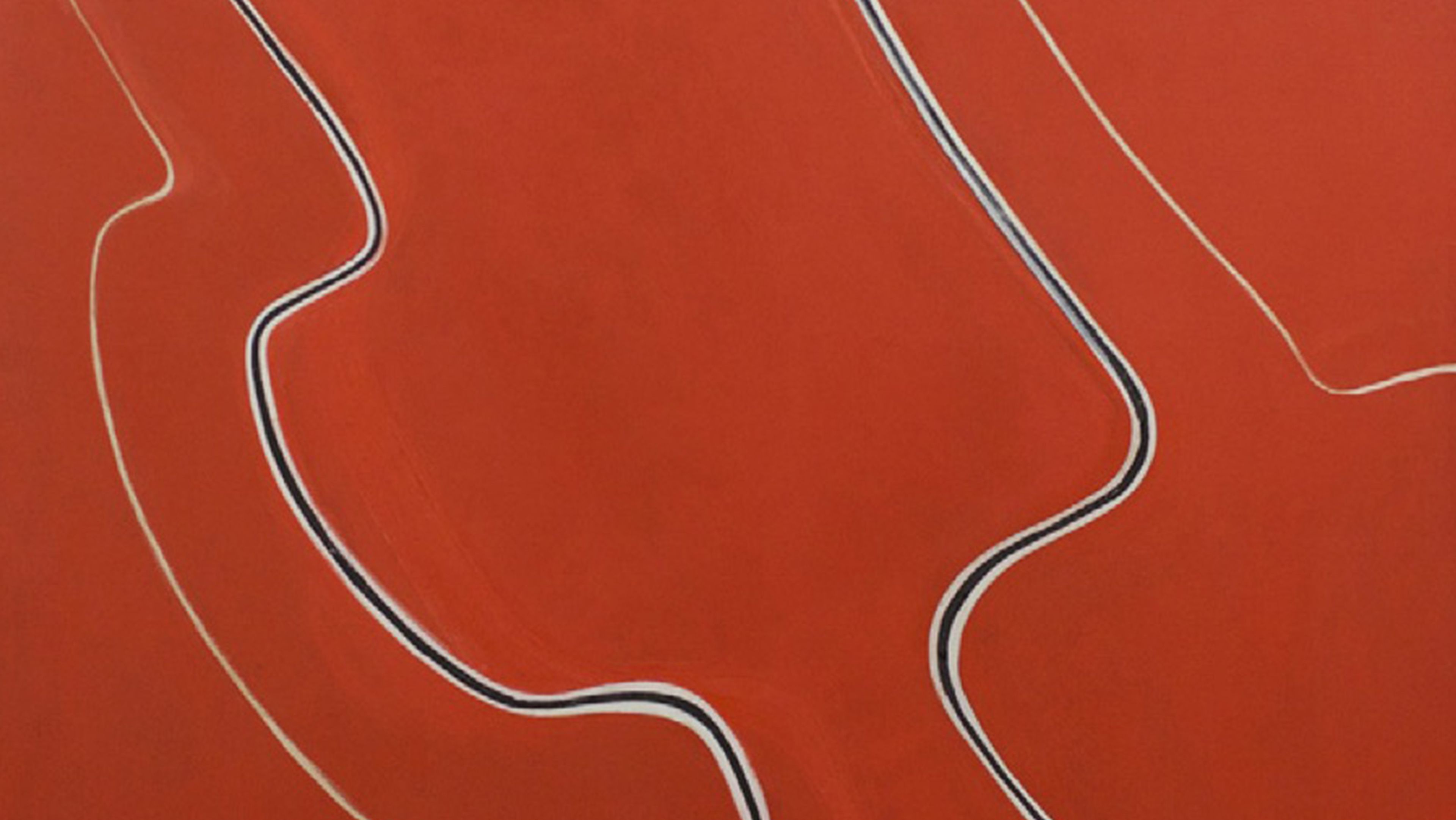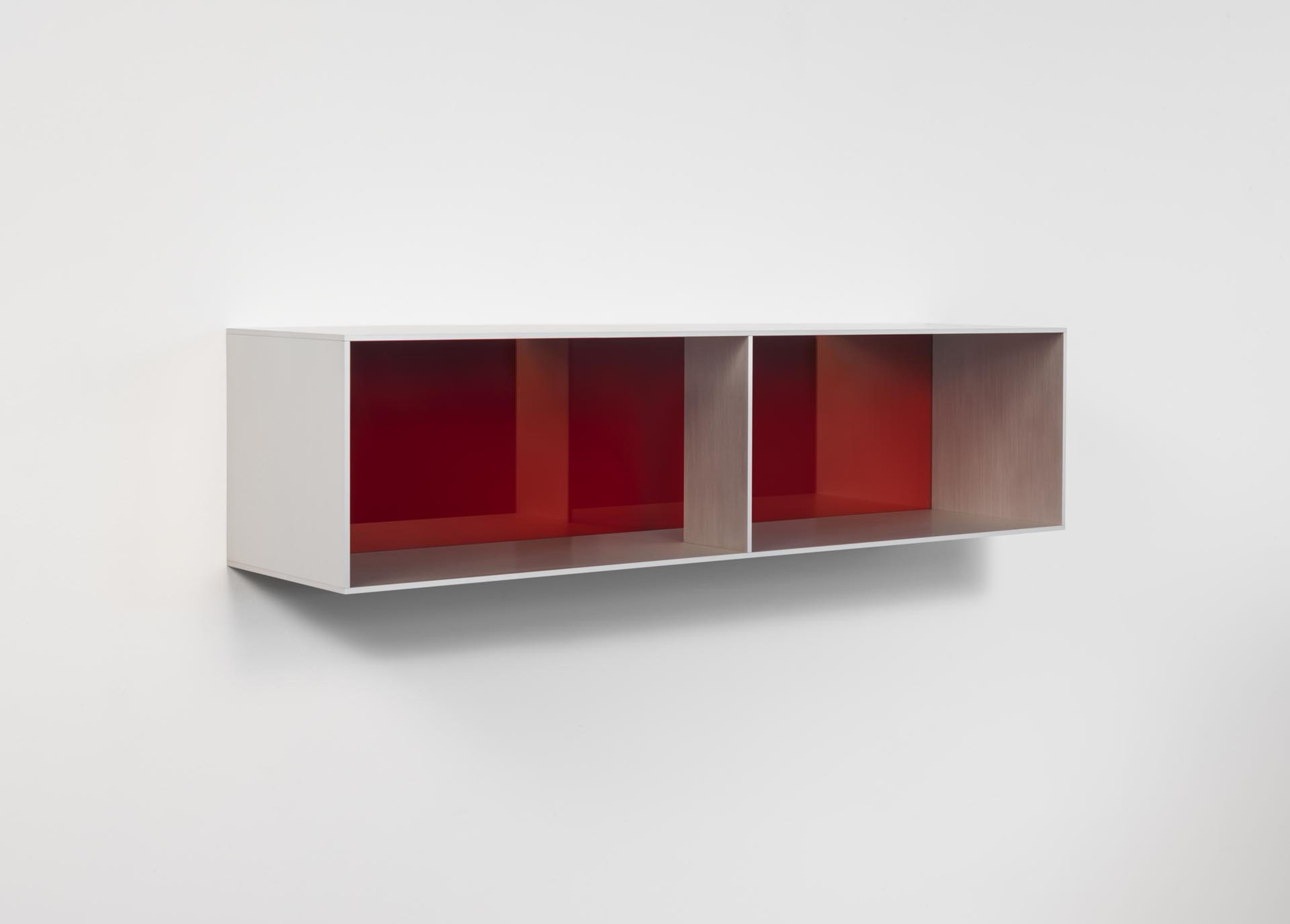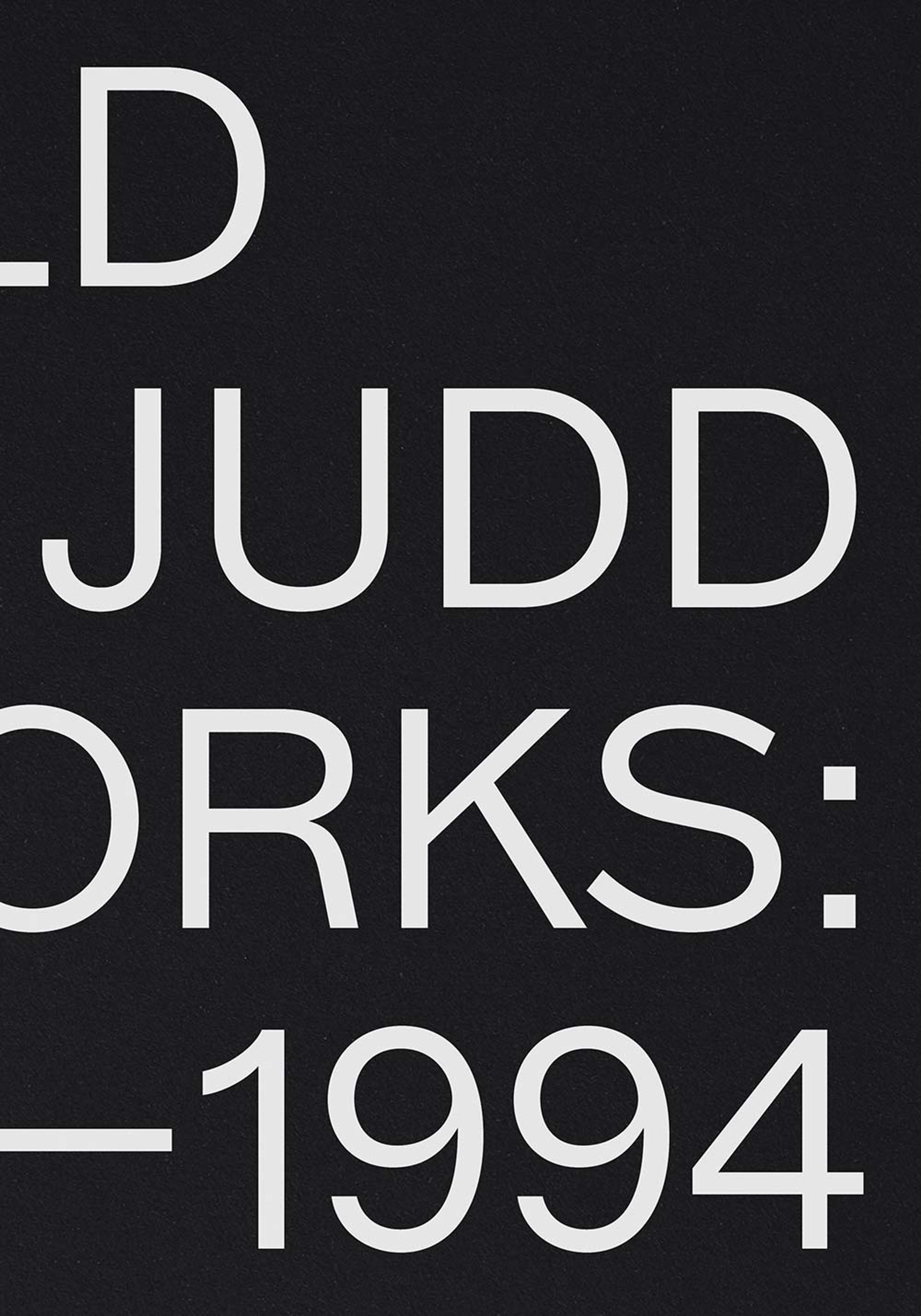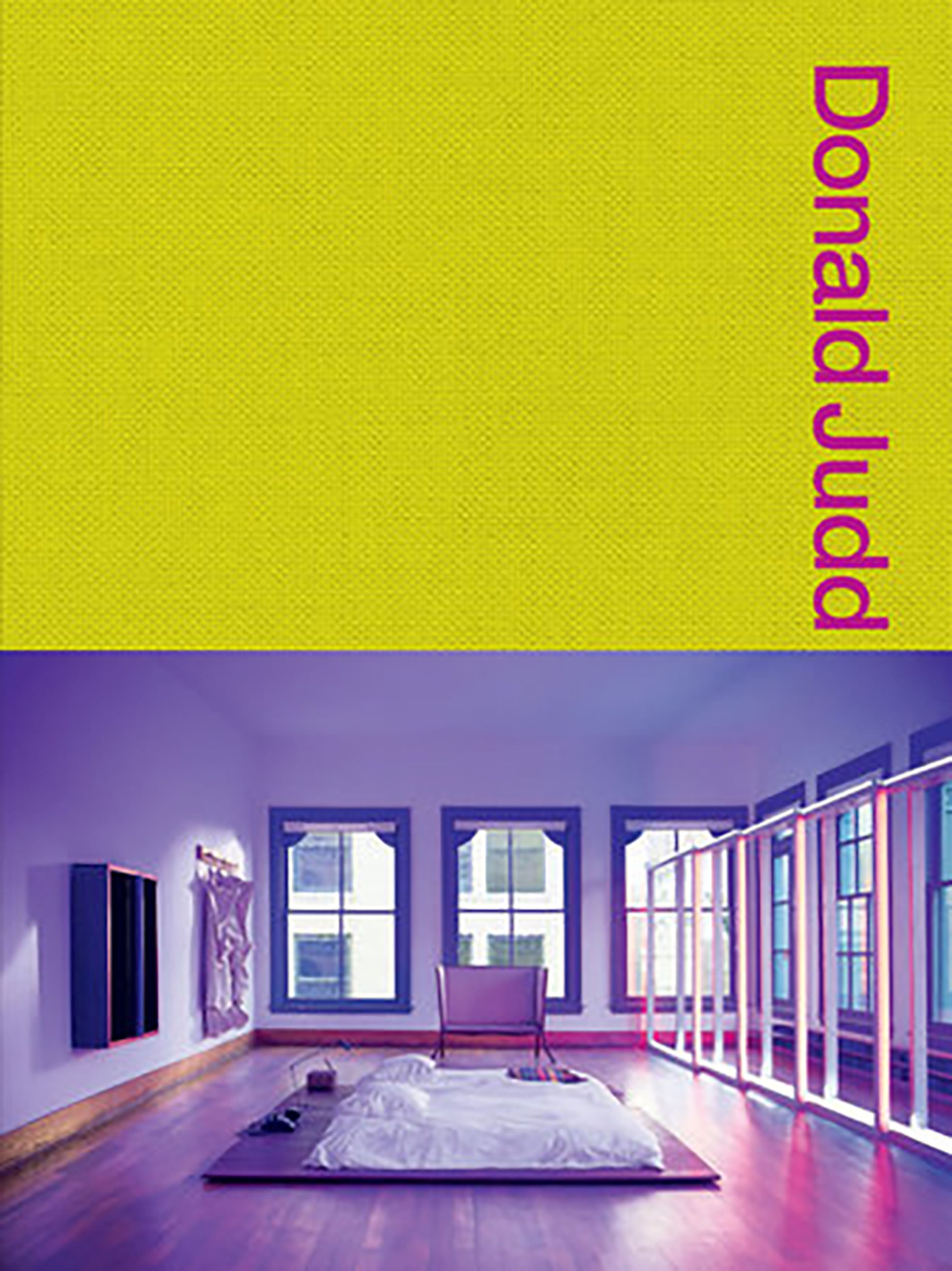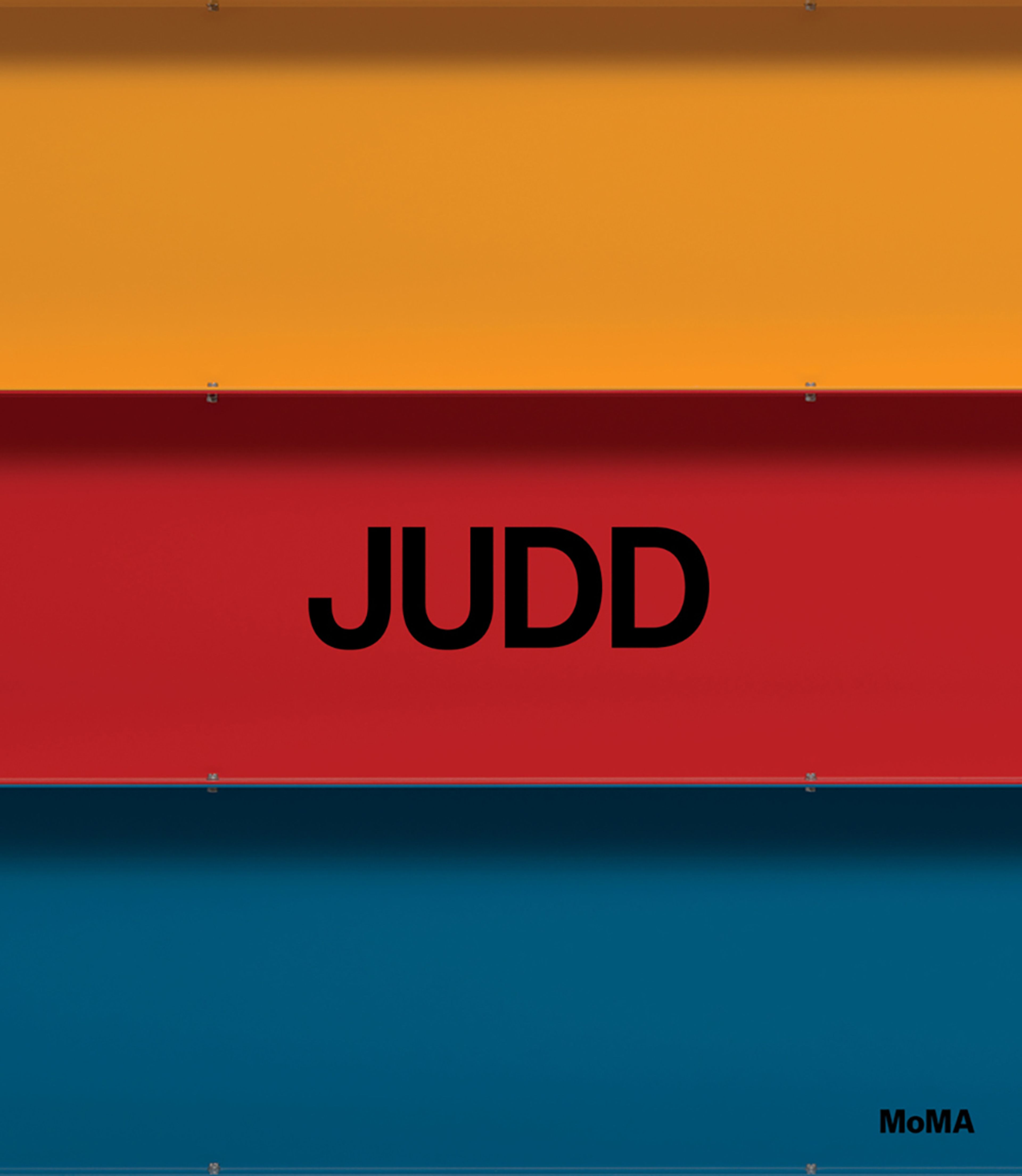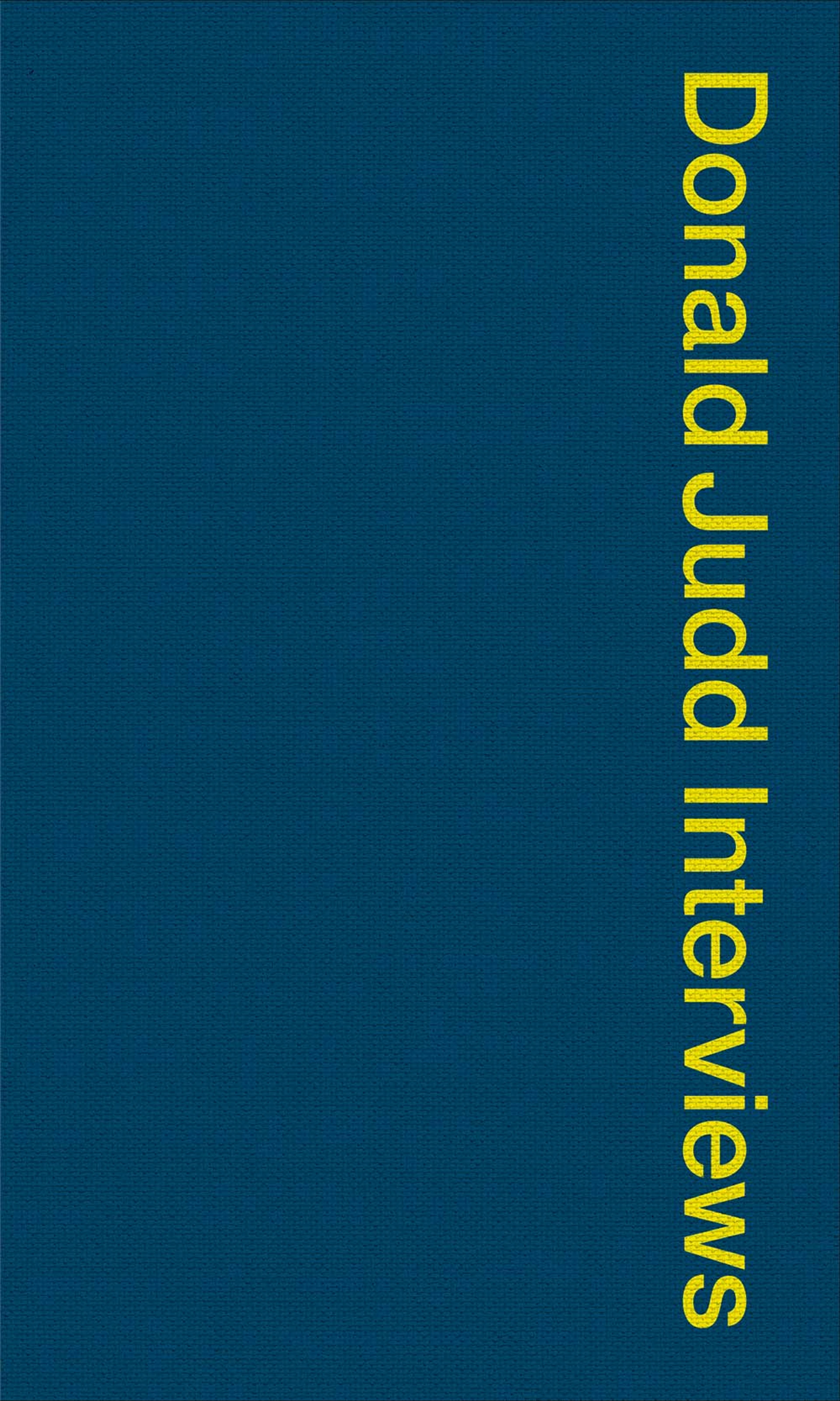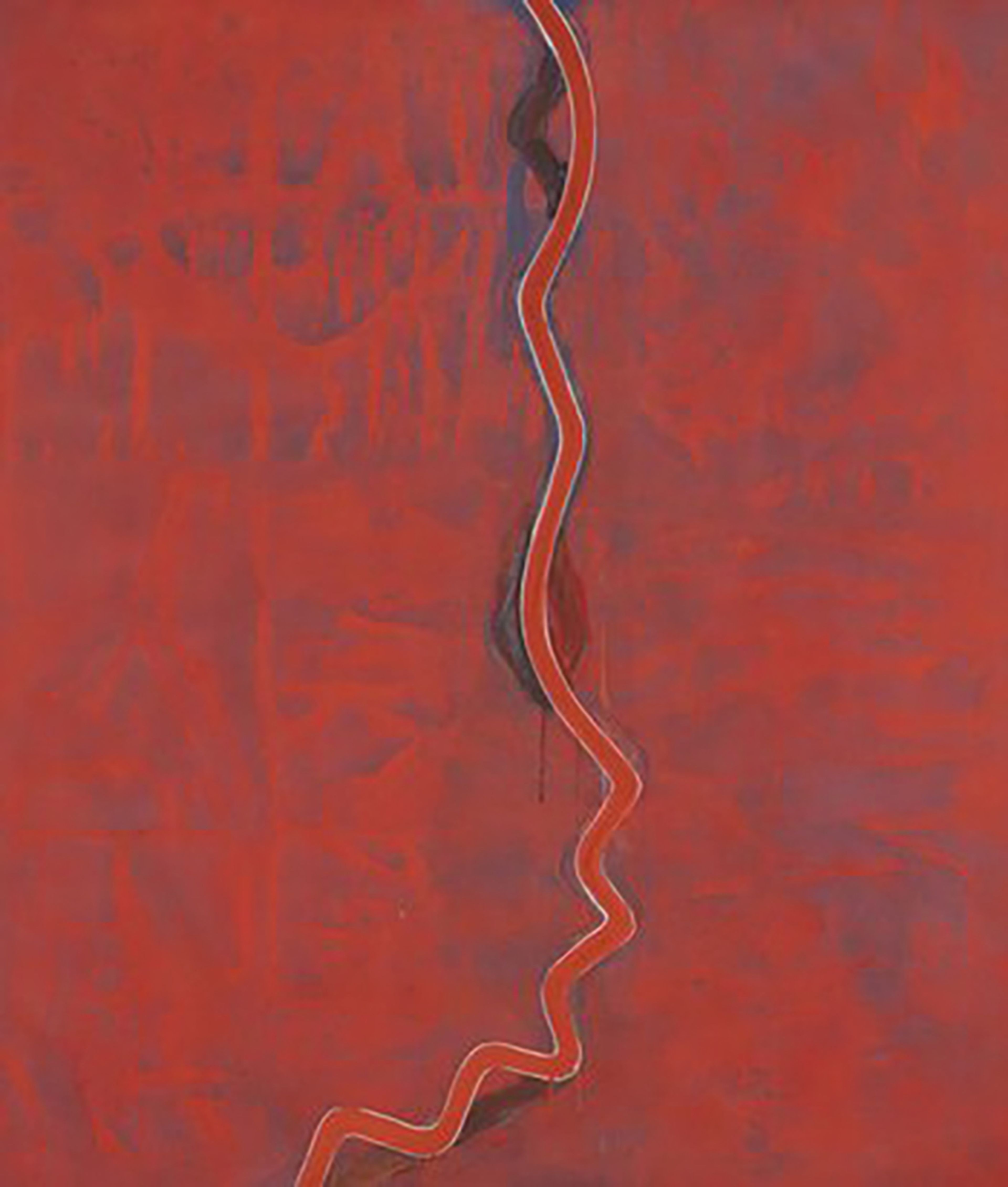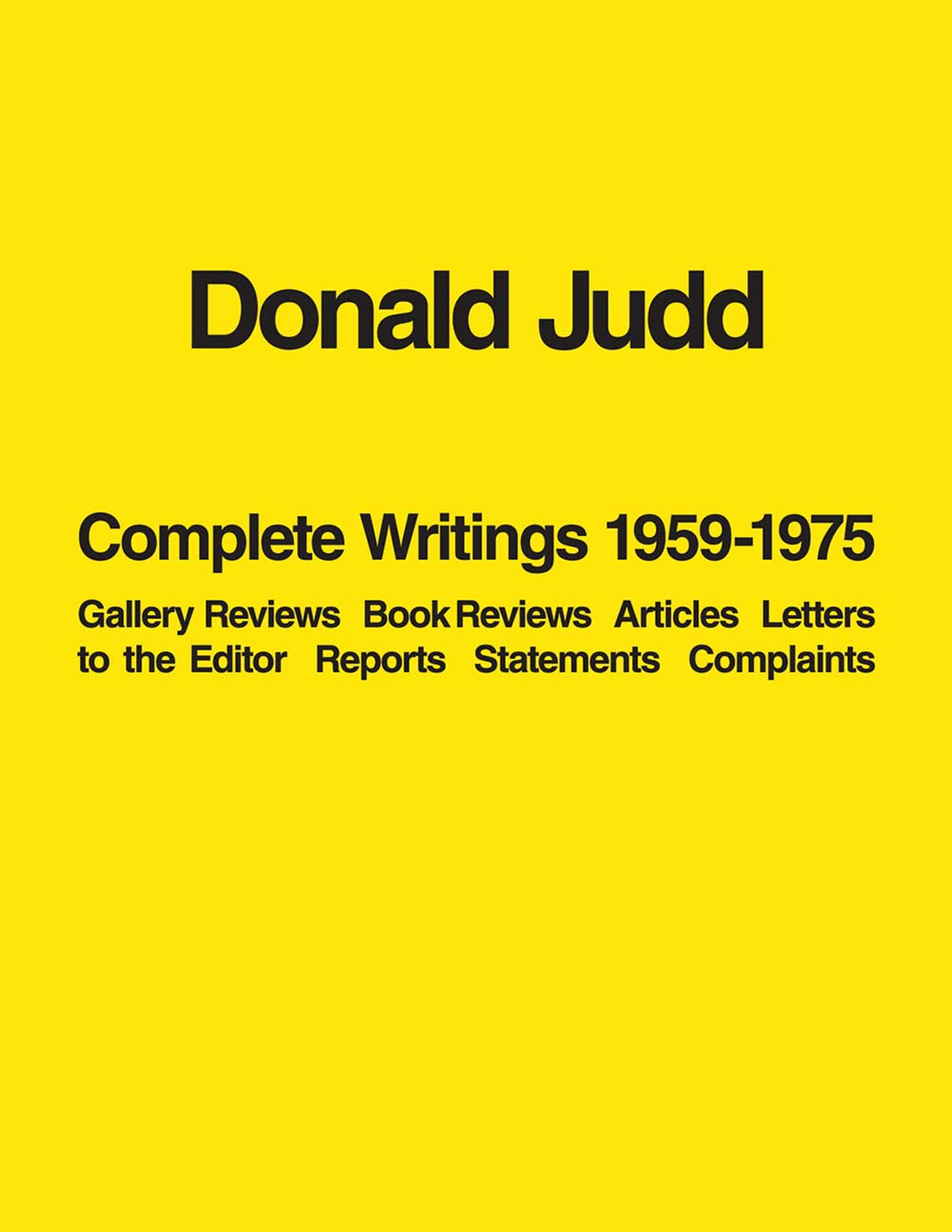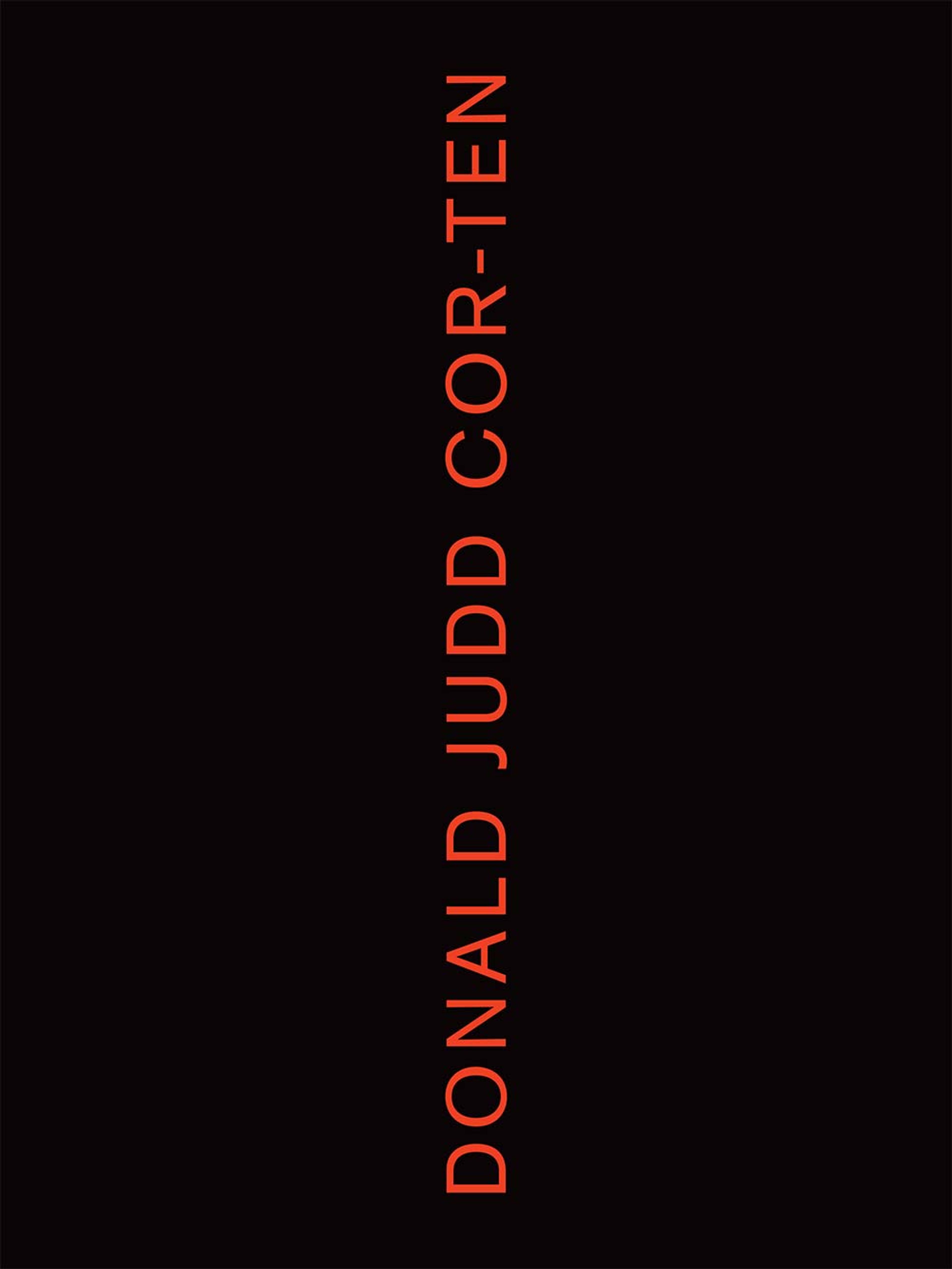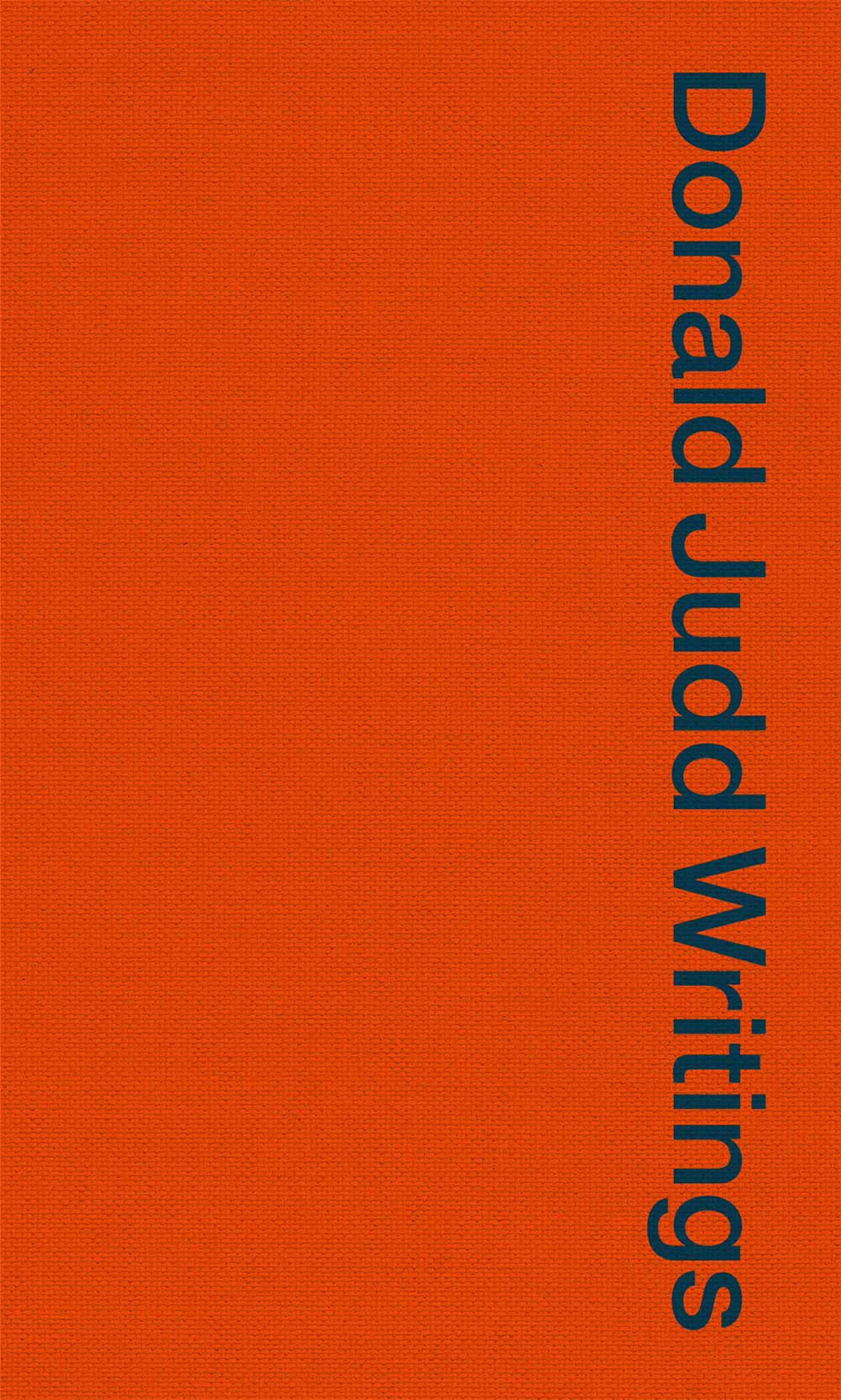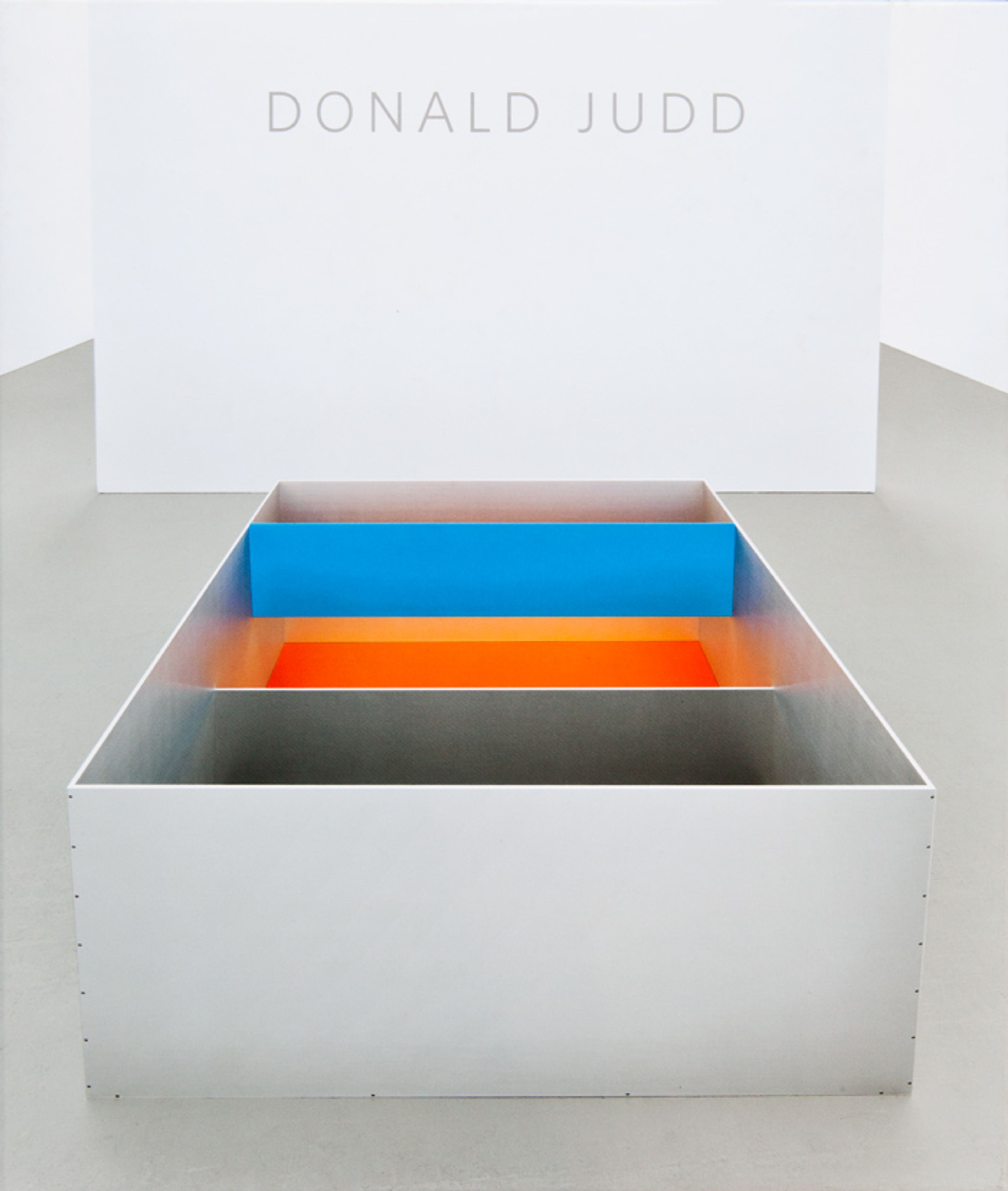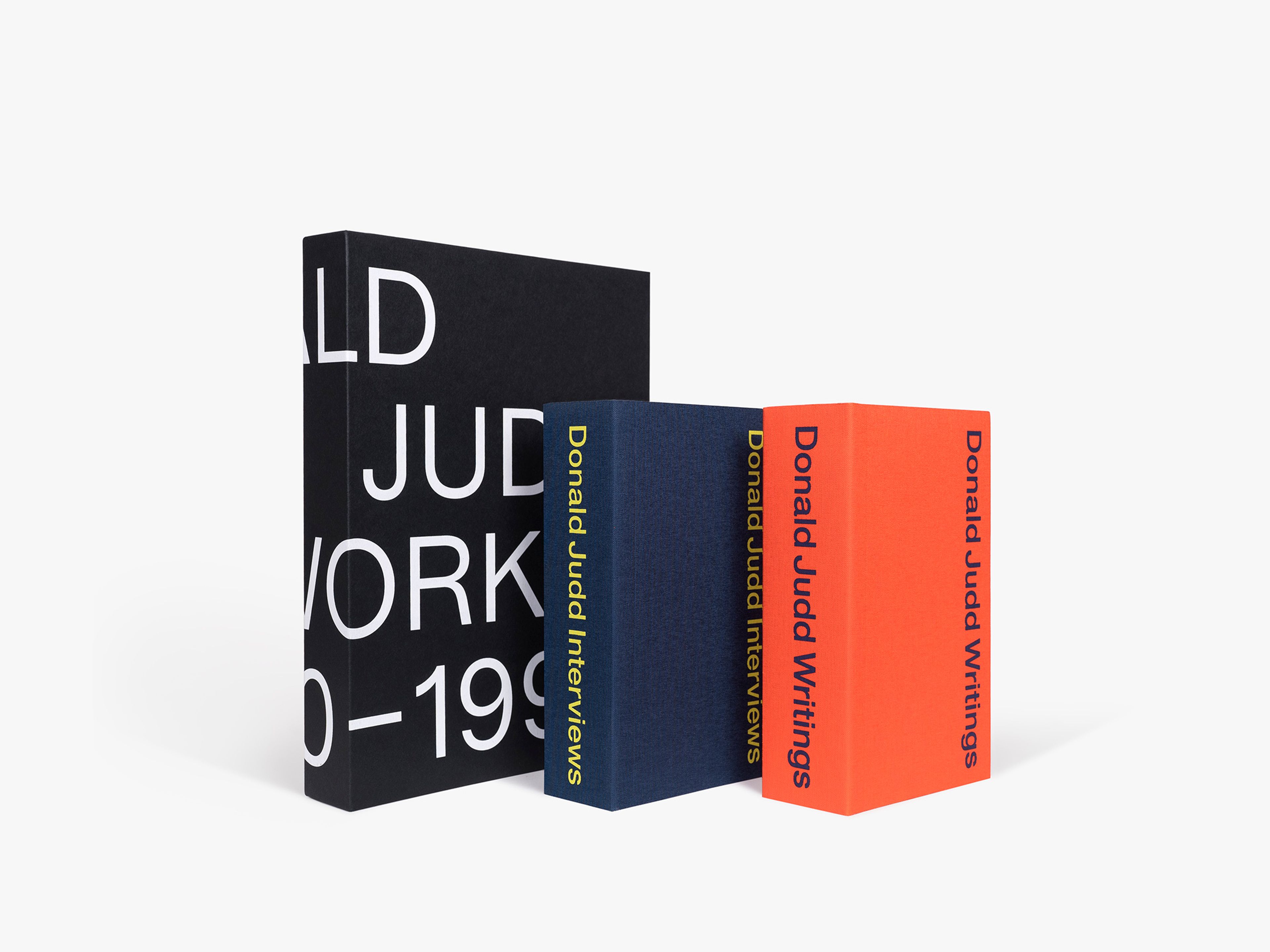Donald Judd
With the intention of creating straightforward work that could assume a direct material and physical “presence” without recourse to grand philosophical statements, Donald Judd (1928–1994) eschewed the classical ideals of representational sculpture to create a rigorous visual vocabulary that sought clear and definite objects as its primary mode of articulation.
Learn MoreSurvey
Exhibitions

Explore Exhibitions
Artist News
Biography
With the intention of creating straightforward work that could assume a direct material and physical “presence” without recourse to grand philosophical statements, Donald Judd (1928-1994) eschewed the classical ideals of representational sculpture to create a rigorous visual vocabulary that sought clear and definite objects as its primary mode of articulation. Judd’s work has been exhibited internationally since the 1950s. His first significant solo shows were held at the Green Gallery, New York (1964), and the Leo Castelli Gallery, New York (1966). The artist’s first museum survey took place in 1968 at the Whitney Museum of American Art, New York, followed by a traveling European survey exhibition in 1970 organized by the Stedelijk Van Abbemuseum, Eindhoven, The Netherlands, which traveled to the Museum Folkwang, Essen, Germany; Kunstverein, Hannover, Germany; and Whitechapel Art Gallery, London. In 1975, the National Gallery of Canada, Ottawa, presented a notable solo exhibition of the artist’s work that was accompanied by the publication of a catalogue raisonné. From 1987 to 1988, the Stedelijk Van Abbemuseum, Eindhoven, The Netherlands, mounted Donald Judd: Sculptures 1965-1987, which traveled to Städtische Kunsthalle, Düsseldorf; Musée d’Art Moderne de la Ville de Paris; Fundació Joan Miró, Barcelona; and Castello di Rivoli, Turin. The Whitney Museum of American Art, New York, presented Donald Judd in 1988, which then traveled to the Dallas Museum of Art the following year. In 2004, a survey of the artist’s work was organized by Tate Modern, London, and traveled to K20 Kunstsammlung Nordrhein-Westfalen, Düsseldorf, and Kunstmuseum Basel. Other important exhibitions include Donald Judd: Colorist, held at the Sprengel Museum, Hannover, Germany, as well as Kunsthaus Bregenz, Austria, and Musée d’Art Moderne et d’Art Contemporain, Nice, from 2000 to 2001; Donald Judd: Early Work 1955-1968, which traveled from Kunsthalle Bielefeld, Germany, to The Menil Collection, Houston, Texas, from 2002 to 2003; Donald Judd: a good chair is a good chair, a comprehensive presentation of the artist’s furniture and related drawings organized by Ikon Gallery, Birmingham, England, in 2010; and Donald Judd: The Multicolored Works at the Pulitzer Foundation for the Arts, St. Louis, Missouri, in 2013. In 2018, the Institute of Contemporary Art, Miami, presented Donald Judd: Paintings and the San Francisco Museum of Modern Art organized Donald Judd: Specific Furniture. A retrospective of the artist’s work was on view at The Museum of Modern Art, New York in 2020 to 2021. In 1977, Judd established the ideas for Judd Foundation, which was founded to preserve his art, spaces, libraries, and archives as a standard for the installation of his work. In 1986, the artist established The Chinati Foundation/La Fundación Chinati in Marfa, Texas, specifically for the permanent installation of large-scale works by both himself and his contemporaries. Permanent installations of Judd’s work can be found at Judd Foundation in New York City, at 101 Spring Street, and Marfa, Texas, along with the neighboring Chinati Foundation. Judd’s work is included in numerous important museum collections around the world, including Kunstmuseum Basel; Leeum, Samsung Museum of Art, Seoul; Los Angeles County Museum of Art; The Metropolitan Museum of Art, New York; Museum Boijmans Van Beuningen, Rotterdam; The Museum of Modern Art, New York; Museum of Modern Art, Shiga; National Gallery of Art, Washington, DC; Solomon R. Guggenheim Museum, New York; Stedelijk Museum voor Actuele Kunst, Ghent; Tate, London; Tokyo Metropolitan Art Museum; and the Whitney Museum of American Art, New York, among others. In 2011, the gallery’s New York location exhibited a selection of works by the artist curated by Flavin Judd drawn from his seminal 1989 exhibition held at the Kunsthalle Baden-Baden, Germany, and in 2013, a major installation by Judd was included in Dan Flavin and Donald Judd, the inaugural show at David Zwirner’s new 20th Street location in New York. Also in 2013, the gallery held an exhibition of works by Judd at its London location, the first gallery presentation of this seminal artist in London in nearly fifteen years and the first significant show of Judd’s work in the UK since his 2004 retrospective at Tate Modern, London. In 2015, the gallery hosted an exhibition of the artist’s works in Cor-ten steel at the West 20th Street location in New York, the first comprehensive presentation of his work in this distinctive material. In 2020, the survey exhibition, Artworks: 1970-1994, was on view across all three of the gallery's West 19th Street locations in New York.
Selected Press
Selected Titles

Request more information
